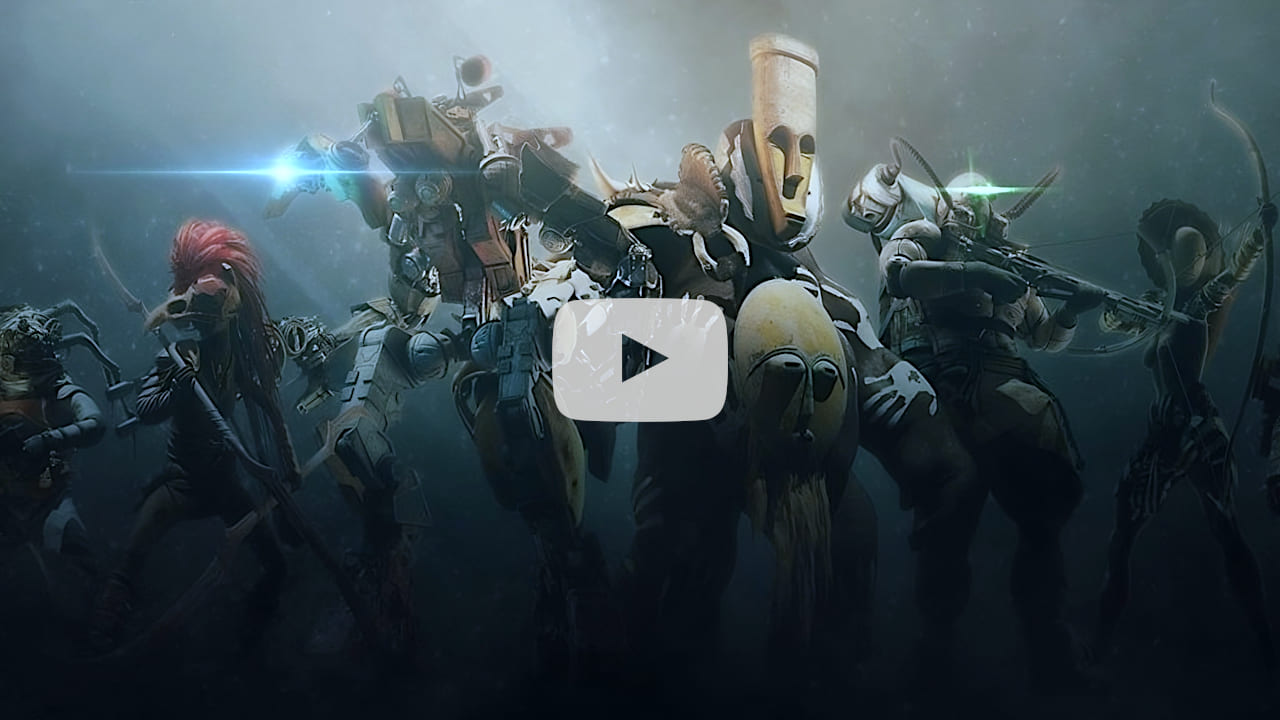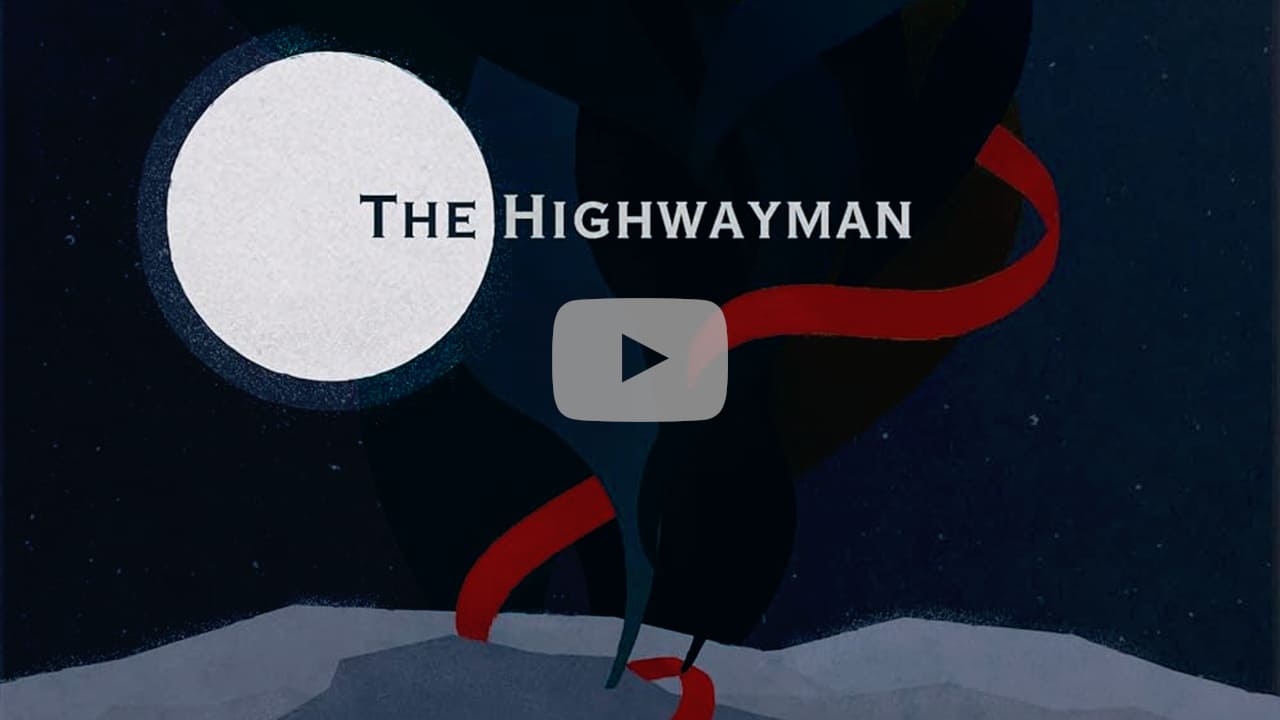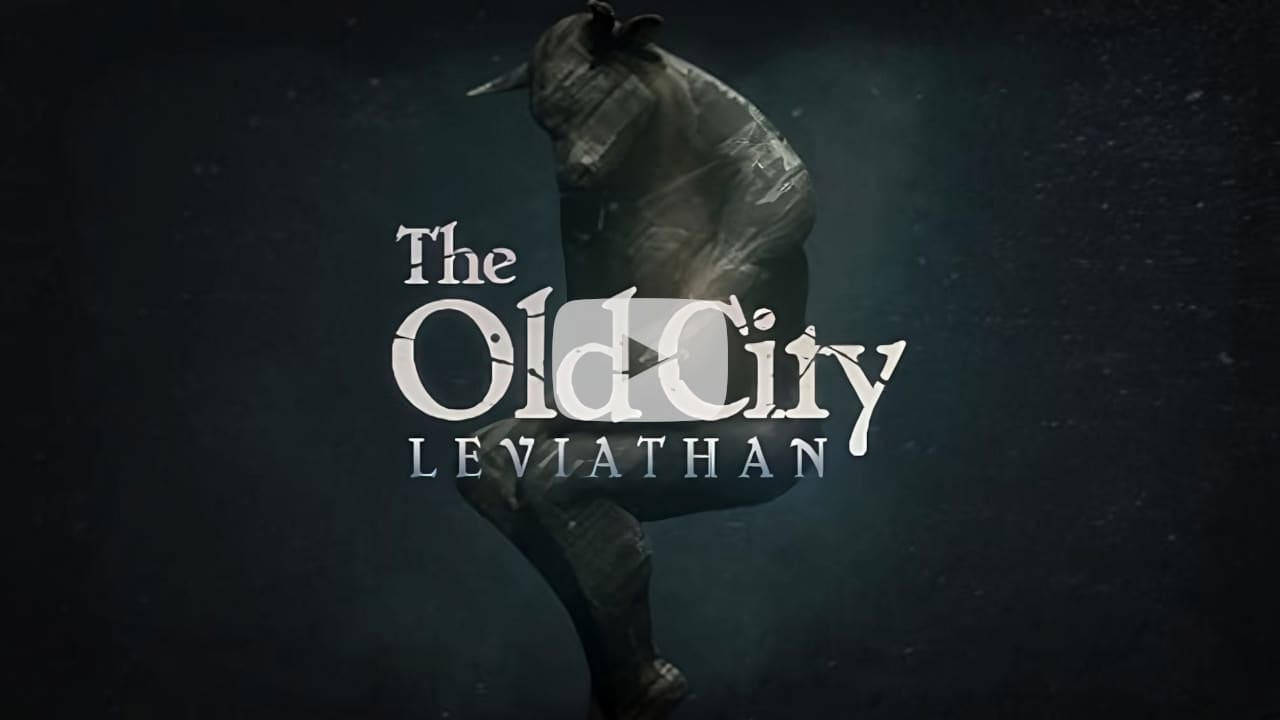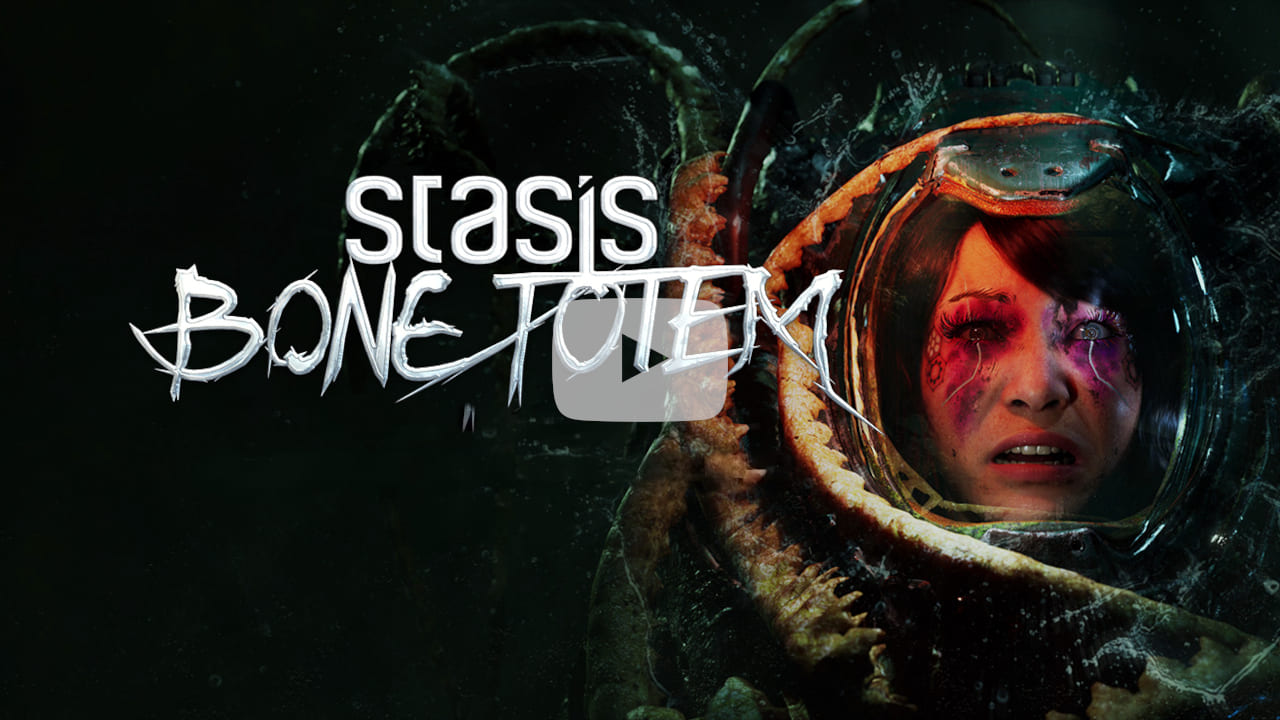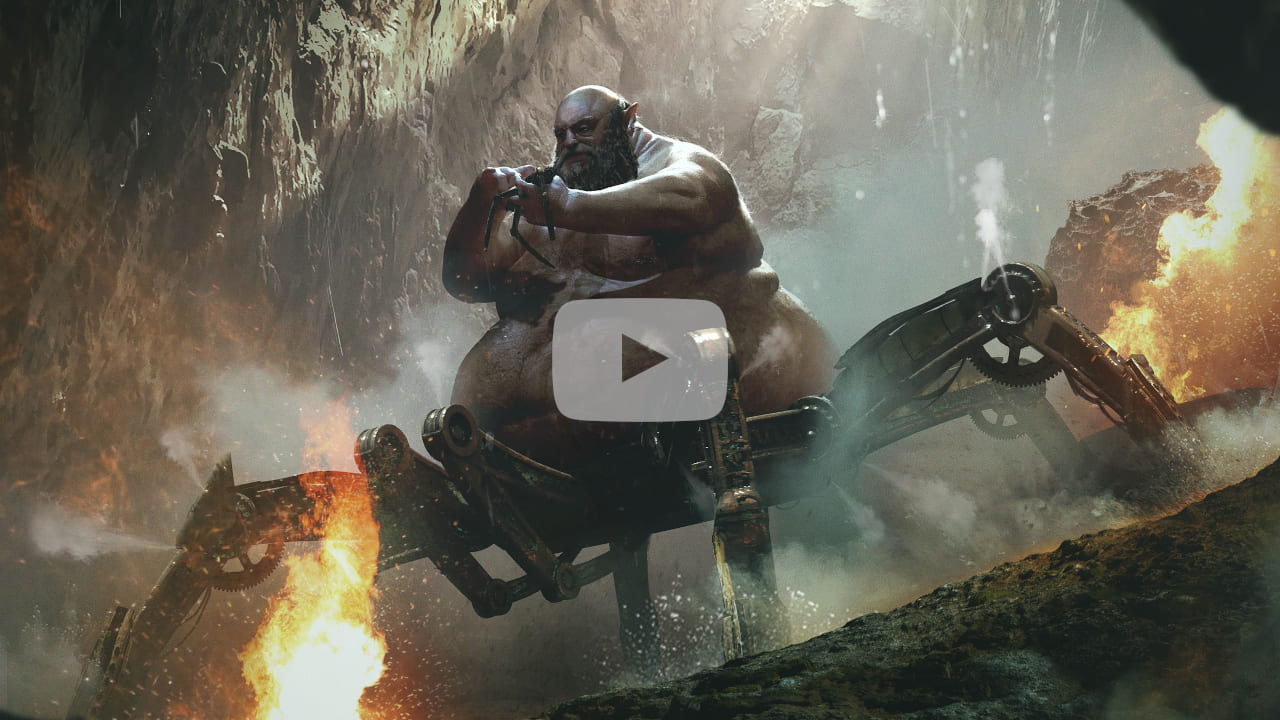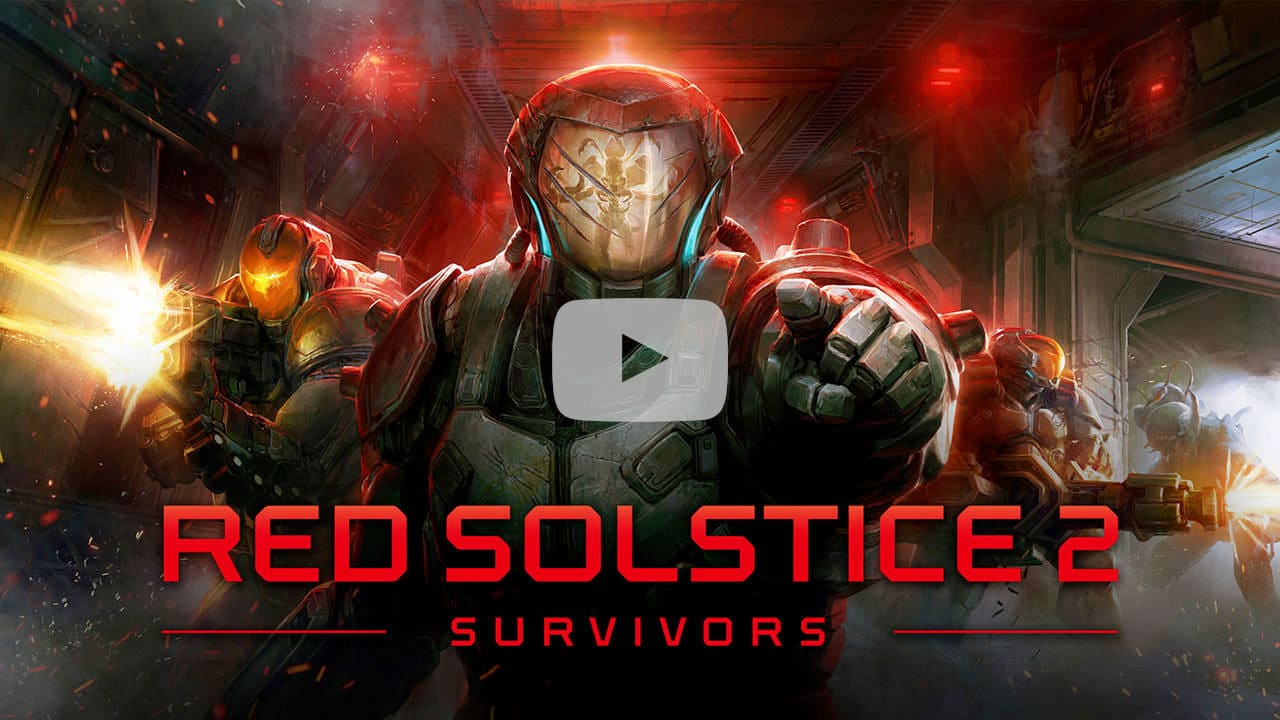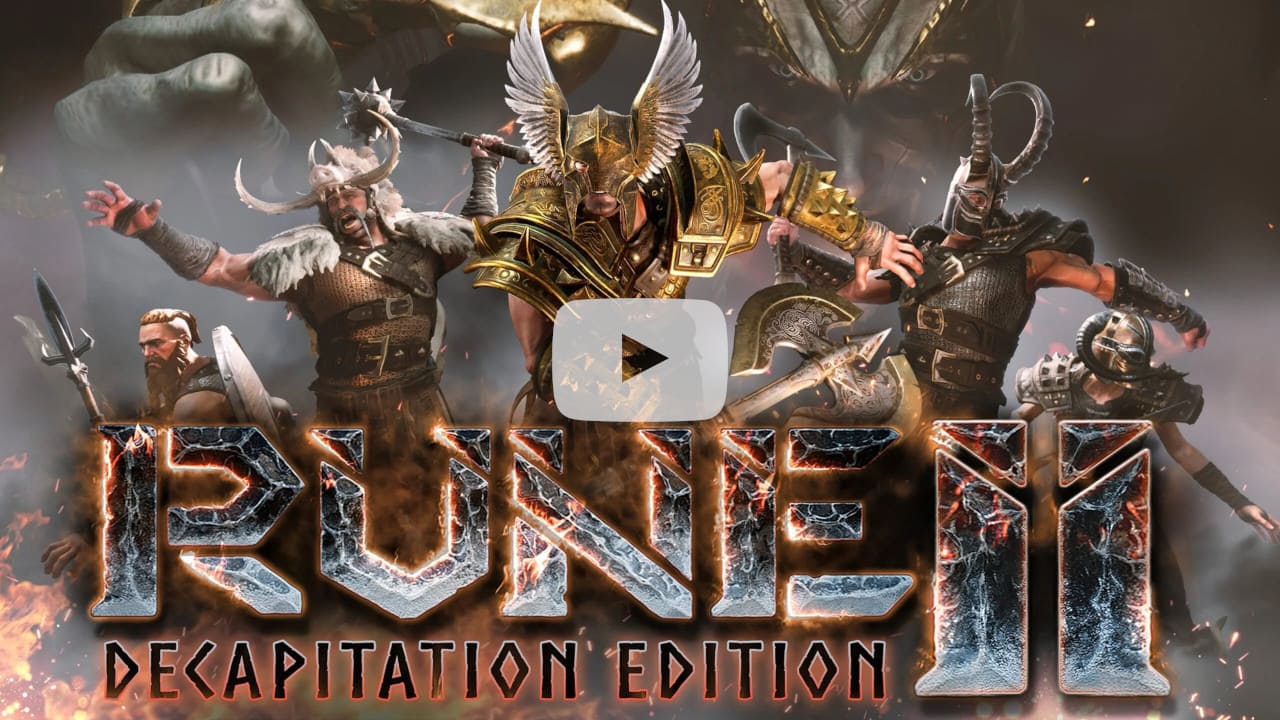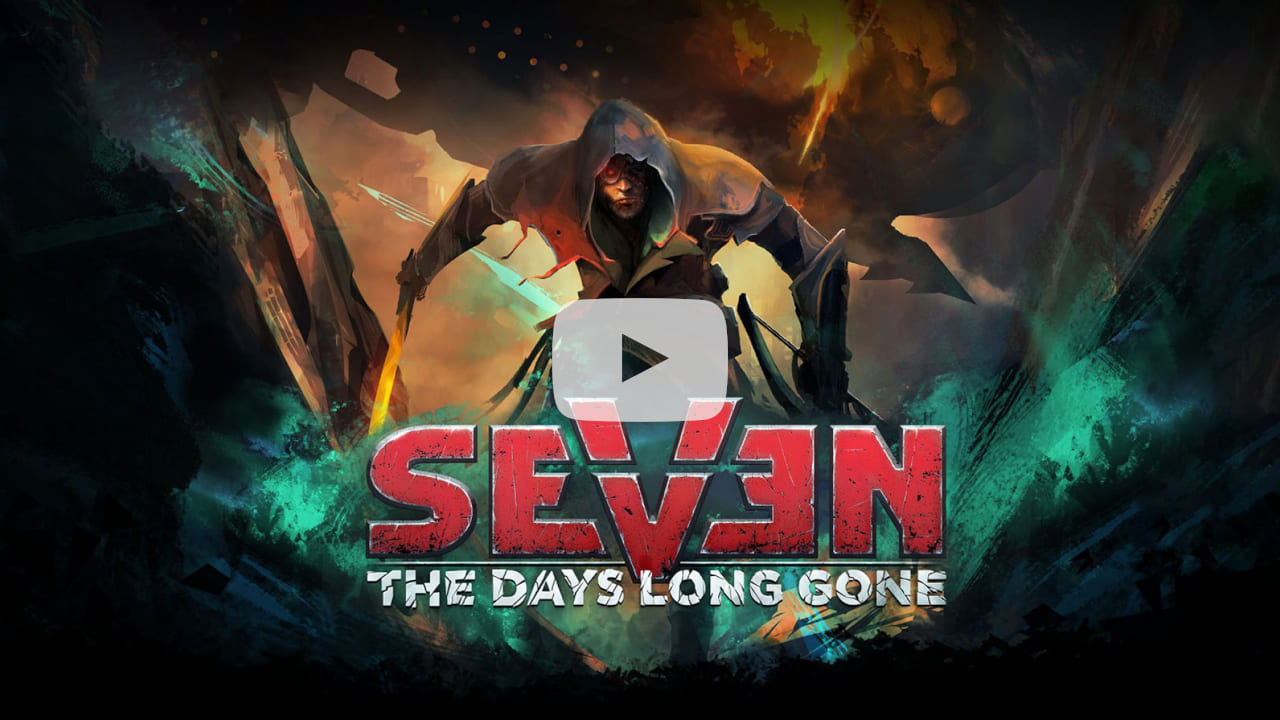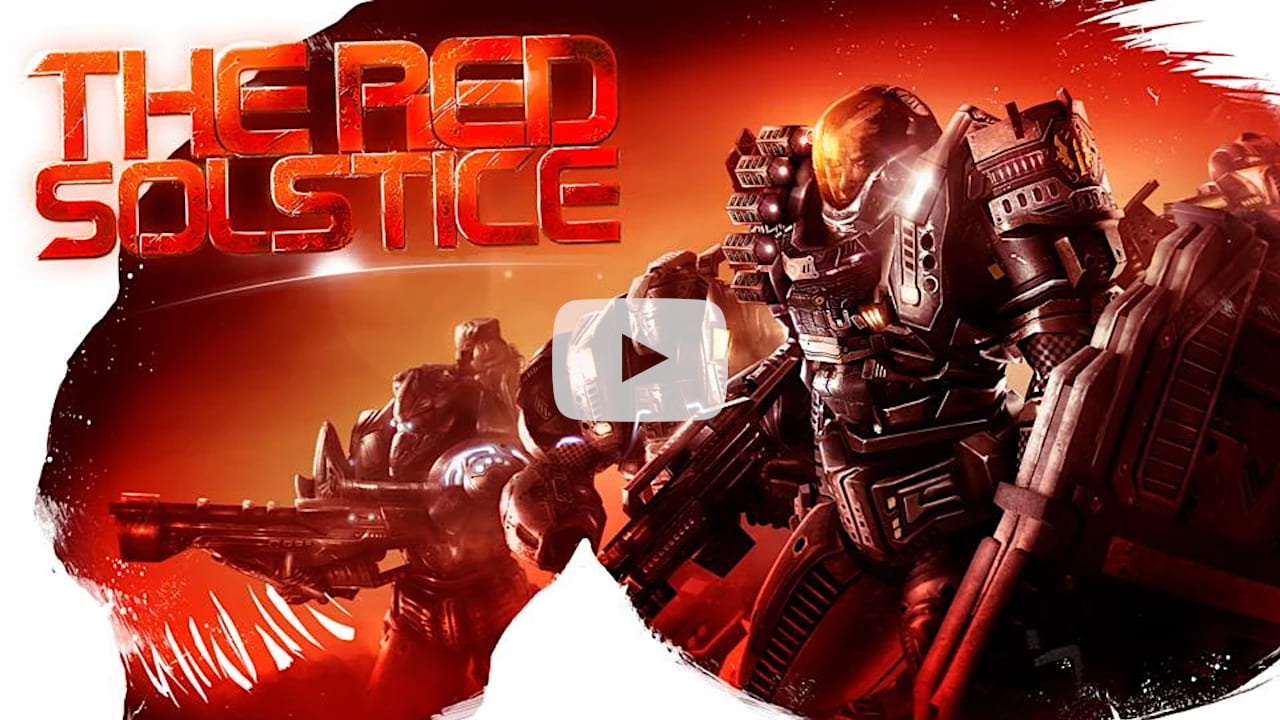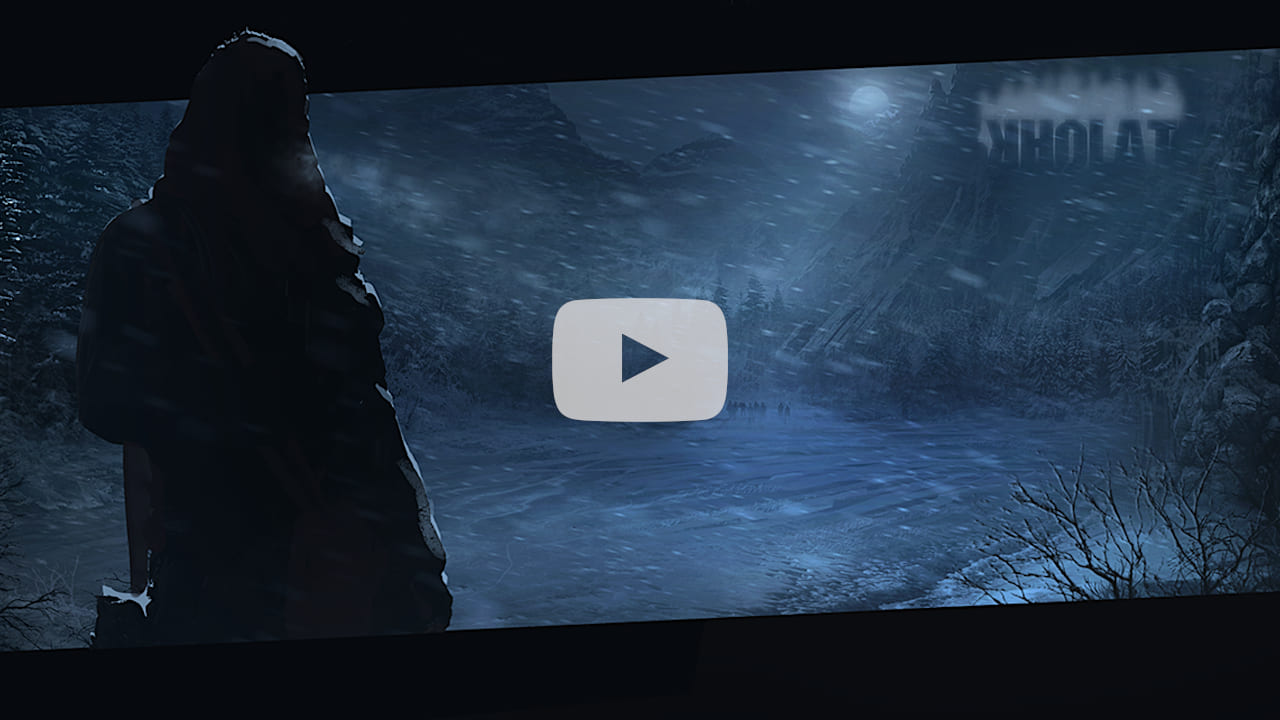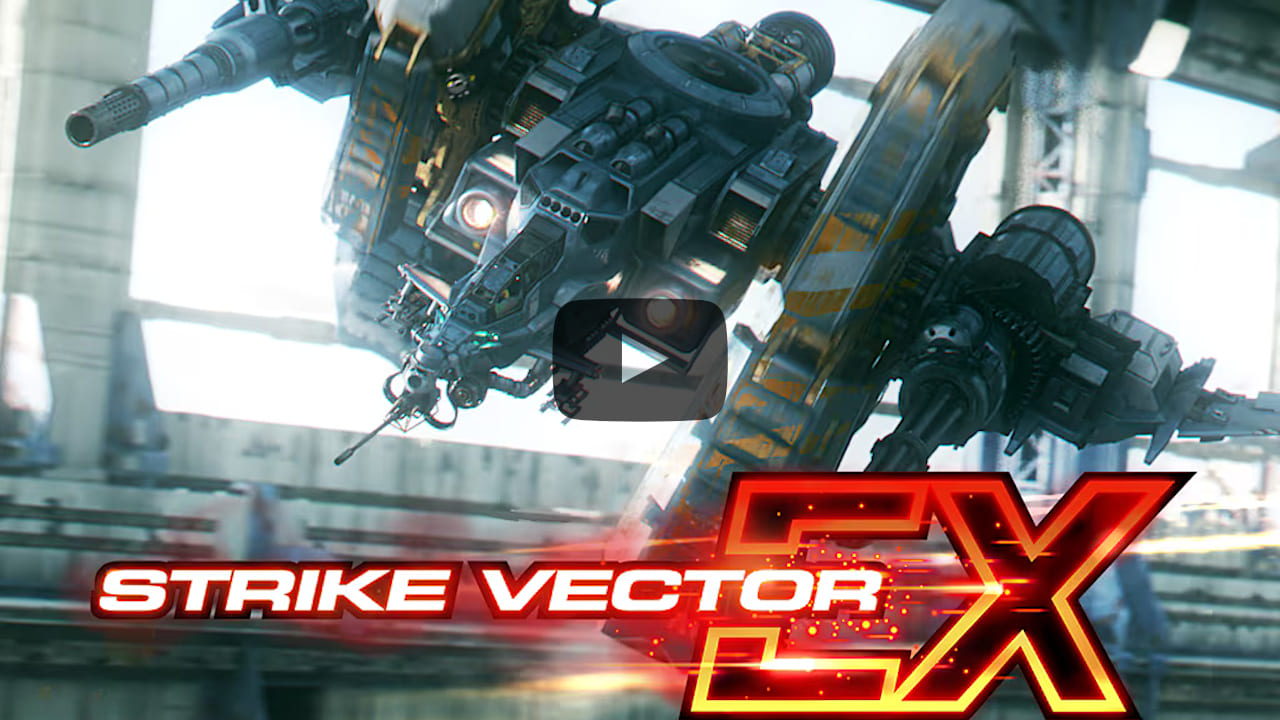
MEDIUM / GENRE Video Game, Boomer Shooter, Horde Survivor com8com1 Software May 2025 Father Fidelis, Malachias Steam: 91%, Metacritic --%  |
| Bloodshed is an exhilarating fusion of Roguelite elements merged with retro-styled visuals and first-person “Survivors-like” frenetic combat action. Face endless waves of undead foes, collect experience points, and upgrade your skills and weapons in a battle to survive the night. Face the malevolent threat of the Cult, whose members are pursuing a sinister plan to resurrect an ancient deity to bring about the apocalypse. |
An elderly monk whose order has been completely infiltrated by the cult. As the only one among his brothers to remain sane and steadfast through unwavering faith, he embarks on a quest to stop the infernal forces - in spite of numerous bodily maladies. I played Father Fidelis as your stereotypical grand father, whose false teeth whistle as he bemoans lazy youngsters and romanticises "his day". I also threw in elements of a bible-thumping pastor from the Deep South, full of religious zeal as he doles out divine punishment with his chain whips to all the Hellish sinners. It was a very fun, and very different, type of role for me to play. |
||
Brought to life by the Cult and forced to carry out their malicious misdeeds, this formidable gargoyle broke free from its chains and now fights alongside the resistance against its former masters. With a heart forged in rebellion and wings that carry it to battle, this creature embodies strength, courage, and unwavering determination in the face of tyranny. Its stone exterior belies a spirit that burns with righteous fury, seeking redemption through every strike against its former masters. A symbol of defiance and hope, this gargoyle's presence on the battlefield strikes fear into the hearts of its enemies and inspires awe in those who fight alongside it. |
||

MEDIUM / GENRE Video Game, Boomer Shooter, Horde Survivor com8com1 Software May 2025 Father Fidelis, Malachias Steam: 91%, Metacritic --%  |
| Bloodshed is an exhilarating fusion of Roguelite elements merged with retro-styled visuals and first-person “Survivors-like” frenetic combat action. Face endless waves of undead foes, collect experience points, and upgrade your skills and weapons in a battle to survive the night. Face the malevolent threat of the Cult, whose members are pursuing a sinister plan to resurrect an ancient deity to bring about the apocalypse. |
An elderly monk whose order has been completely infiltrated by the cult. As the only one among his brothers to remain sane and steadfast through unwavering faith, he embarks on a quest to stop the infernal forces - in spite of numerous bodily maladies. I played Father Fidelis as your stereotypical grand father, whose false teeth whistle as he bemoans lazy youngsters and romanticises "his day". I also threw in elements of a bible-thumping pastor from the Deep South, full of religious zeal as he doles out divine punishment with his chain whips to all the Hellish sinners. It was a very fun, and very different, type of role for me to play. |
||
Brought to life by the Cult and forced to carry out their malicious misdeeds, this formidable gargoyle broke free from its chains and now fights alongside the resistance against its former masters. With a heart forged in rebellion and wings that carry it to battle, this creature embodies strength, courage, and unwavering determination in the face of tyranny. Its stone exterior belies a spirit that burns with righteous fury, seeking redemption through every strike against its former masters. A symbol of defiance and hope, this gargoyle's presence on the battlefield strikes fear into the hearts of its enemies and inspires awe in those who fight alongside it. |
||

| Ana Mirante saw the brutality of the SNC first hand during the Long Night. Never again. Months later, Mirante and her crew arrive on the planet Mar Nosso, disguised as refugees. Their targets: the Brigadors who wrecked their homeworld and cashed out to live a life of SNC-sponsored luxury… Their callsign: Pilgrim. Meanwhile off-world, Zhe, a pariah commando of spacer Clade Vocc, sits restless between missions while his former blood-ally Aline Vocc entertains corpos on Mar Nosso as a Brigador celebrity. The kill team leader is suspicious of the dirt eaters, but the Contract forbids any direct intervention by spacers on the ground… Will Pilgrim’s tour of revenge succeed? Will Zhe fight alongside Aline once more? Or are they all pawns in more corporate games? Brad Buckmaster continues the brutal action of Brigador in this direct sequel. |
"Absolute banger. I will be thinking about this book on the toilet." "Great stuff, absolutely unrelenting by the final chapters." |
|||
| I spoke to Bryan Finck of Seasoned Gaming about my return to the grungy militaristic world of Brigador, to narrate the epic interquel "Pilgrim", set prior to the events of Brigador Killers: "I was live directed by a lovely gent called Benjamin Glover for one hour, three days a week, for five months solid. This thing became a part of my life and squatted in my brain for a long time. "Killers was a comfortable experience once I found my groove, and as I got to know Benjamin better. I had already developed the tone for the Brigador narrator years before, so that was like an old glove. Benjamin filled me in on the new characters, down to extratextual details like, “he was a smoker for decades”. Moreover, we placed an emphasis on this inexorable, accelerating intensity, and dread. It is the archetypal dark sequel centred on the theme of consequences. "I was screaming obscenities at the height of my lungs, praying the neighbours weren’t dialling the Police. I finished up with that strange melancholy you get when you finish a good book, only way more intense." Benjamin shed further light on the recording process: |
| The original text of Brigador Killers: Pilgrim was completed in September 2021. The voice recording sessions with Ryan started a month later in October. Twice a week, Ryan would head to his VO booth in the evening for about an hour at a time to locally record the book.
Unlike the previous audiobook's production, this time around our editor and producer Benjamin was able to direct Ryan as he recorded. Since this was during the height of pandemic lockdown, there were a lot of free solutions available, but Skype was profoundly terrible at it due to its poor audio quality. Fortunately, we were able to use something called Zencastr, which allowed Benjamin to remotely hear Ryan clearly, but still chime in in real time to give direction where necessary. It wasn't exactly like an AV engineer overseeing a VO session, but it was close enough for our needs given the circumstances. After Ryan sent over the raw audio between each recording session, Benjamin took it into Audacity to cut it all together as well as double checking for any parts that weren't caught during the live session in order to re-record them in the next session. |
| This twice-weekly process went on until late January 2022, with a few minor additions like the intro and end credits recorded in March 2022. The audiobook was then shelved for about a year, before receiving its final touches (the addition of MAVS' music and an EQ pass) made by Grant. Two years after that brings us to today and the book is out.
Josh Brolin's character in 2015's Sicario was a heavy influence on how Pilgrim team member Marco was performed - specifically his demeanor, not his accent. The mispronouncing of Louis Valka's first name by Daarb is a reference to Frank Oz antagonizing Dan Akroyd in 1983's Trading Places. Lastly, given who Tuno Vocc is within the fiction of the Brigador universe, we needed to pull from a personality of equal measure. Who better, then, than the late Oliver Reed? |

| MEDIUM / GENRE Video Game, ARPG, Beat-'em-up Blackfield Entertainment December 2024 Detective Fuzz Steam: 100%, Metacritic --% |
 |
INK INSIDE is inspired by the manic chaos of Saturday morning cartoons. I wanted to get into the spirit by considering my favourite cartoons. Batman: The Animated Series stood out, and my Detective Fuzz character
is somewhat evocative of Commissioner Gordon. Only, instead of Batman, he is trying to rein in a hyperactive kid. Fuzz is an old school gumshoe in the mould of Marlowe or Columbo. While initially a grump, Fuzz learns to live with Stick while also serving as the driver of the game’s central mystery (even as his own past remains a mystery). In the midst of a cast of zany, manic characters, he serves as a calming influence. |
| The voice acting is perfect; each character has a distinct voice to them that matches their characteristics. For instance, Detective Fuzz has a deep, sheriff-like voice which matches his aesthetic. Stick on, on the other hand, sounds like a teenage kid. It was so cool to see that the game cast really talented voice actors from other big projects, which complements the game entirely. |
Man, [Ryan] showed up and delivered a performance that is just perfect. Imagine Commissioner Gordon, but he's p***ed at Batman! |
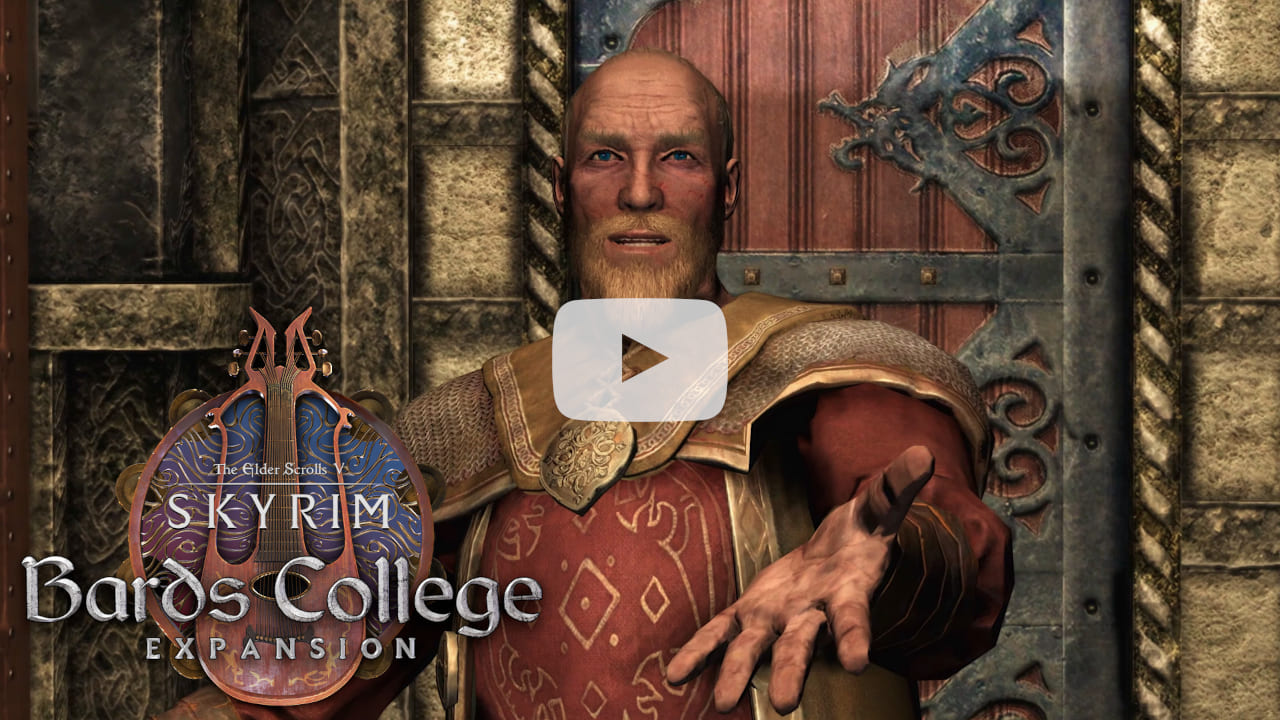
| The "Bards College Expansion" is a 'verified Creation' for The Elder Scrolls V: Skyrim, i.e. content that has been vetted by Bethesda. Kinggath invited me onto the project after voicing Caleb in "Fallout: Sim Settlements 2". I play Archbard Sledrig (right), who has returned to Skyrim after a long hiatus and is ready to impart his knowledge. Sledrig's gregarious demeanour however may shield a greater mystery and a darker past, to a bard who is able to look beneath the surface of things... *SPOILERS FOR THE BARDS COLLEGE QUEST* I was born in Wolverhampton, a post-industrial town in the English West Midlands. I left as a teen, and my accent has been watered down in my remoteness from my birthplace. Yet, when I return, the accent roars back: "Alroight cocker, 'ow bin ya?" Sledrig is very old, and has spent centuries away from his homeland. What effect would such a long lifespan have on one's voice, with the brain's capacity to hold only so much? An interesting thing to ponder. I also liked the idea of Sledrig's curating his voice to fit in with the bardic milieu, where a heavy Nordic accent may be seen as lowbrow. However, when he becomes animated or passionate, it creeps back in. |
MEDIUM / GENRE Video Game, RPG Kinggath Creations, Bethesda Game Studios August 2024 Archbard Sledrig |
|
| Bards College Expansion sets a new standard for Skyrim's paid Creations, not just in terms of its content, but also in the professionalism of its team. All the voice acting, writing, and even the role-play options from this were just top tier. [Ryan] did the voice of Caleb [in Sim Settlements 2], which was shocking to me [...] His characters couldn't sound any more different in Sledrig and Caleb. |

| MEDIUM / GENRE Video Game, Gothic Metroidvania DEVELOPER Kumi Souls Games RELEASE November 2023 MY ROLE(S) The Old Wymond, Mariano, Cold One Beast CRITICAL APPRAISAL Steam: 81%, Metacritic 72% The Last Faith by developers Kumi Souls, is a gothic action-adventure game in the pixel art style of the original Castlevanias, crossed with the Victorian era aesthetic of Bloodborne. Noisy Pixel's review argued that The Last Faith has set new standards of excellence for the "Metroidvania" genre. As a fan of the classic Castlevania titles from the SNES era, I was delighted to take part. I play several characters. The Old Wymond is a withered scavenger all-consumed by his quest for vengeance against the church that wronged his family. But there is more to this old geezer than meets the eye... Mariano is a wary Scottish quartermaster who assists the player in upgrading their arsenal. The Cold One Beast is a man turned monster by a plague that afflicts the denizens of the city of Mythrangil. I also lent my voice to various monster creatures in the game: The Giant Patron, Cold One Stray and Cold One Primitive. |
The
characters feel alive and carry a sense of value that enhances the overall narrative. The voice acting is exceptional, adding depth to the story and making every interaction a memorable experience. - PlayStation Universe |
|
| Voice acting is another treat
here, each performance believable and interesting, drawing you into the narrative [...] There are some genuinely attractive cut-scenes and the voice acting is top-notch. - Seasoned Gaming |
||
| The voice actors do a flawless job of
breathing life into the characters, and even though most of the ensemble carry themselves with a prolonged, obscure approach, they do so with a sense of poise and self-assurance. - Game Reactor |
|
| The pixel graphics are top-notch, the animations are gorgeous, and the sounds and voice acting are stellar in general. - Game Tyrant |
|
| The same can also be said for the NPCs inhabiting the game’s desolate world; nearly every one has a distinct, interesting design as well as an excellent voice actor to bring them further to life. - Gamer Escape |
|
| The English dubbing resonates well in the
ears. The quality is evident in the first conversation that takes place, between Eryk, the protagonist, and the Old Wymond, a merchant in disbelief about the future after his daughter's fate. - Supernovas |
|
| Another layer of quality is the outstanding
voice-over work for all dialogue scenes, despite the actors’ somewhat slow delivery, which contributes to the immersion in the gothic world. - Noisy Pixel |
|
| Every other character I've come across, they are top notch. They're chewing up the scenery, yelling and screaming and getting into it [...] Nine out of ten of the voice actors are great. - The Scarlett Seeker |
|
| The voicework is excellent. Regardless of
your feelings on the dialogue, the performances stayed true to what one would imagine the characters to sound like. - Worth Playing |
|
| Gorgeous pixel art, different starting archetypes, gothic setting, solid voice acting, demanding combat, custom executions, huge arsenal and plenty other elements look to result in a perfect blend of Metroidvania and Bloodborne. - VGDMS |
|
| The sound is very good as well, from fully voiced cutscenes that explain what is going on, through to the usual combat noises of swords swishing and flesh squelching. - The Xbox Hub |
| It was a pleasant surprise to see all the
dialogue excellently voice acted as well. - Gaming Trend |
|
| I've already spoken to the high-quality voice acting, but they've done a fantastic job of adding in creepy environmental effects. - Switch Corner |
|
| A deep, rich backdrop is bolstered by a story filled with intrigue, excellent music, and surprisingly good voice acting. - XBox Era |
| The voice acting from [Eryk] and the rest
of the supporting cast is fantastic. - The Geek Wave |
Background art by Alessandro Paviolo. |
| A great adventure with great voice acting
performances, plenty of spectacles, and pages of lore to uncover. - Game8 |
|
| ...some pretty impressive voice acting and character art. Nearly all conversations in the game across its wealth of characters are fully voiced, giving a great deal of life to these characters who all are aesthetically grim and gothic players in this ghastly tale. - Analog Stick Gaming |
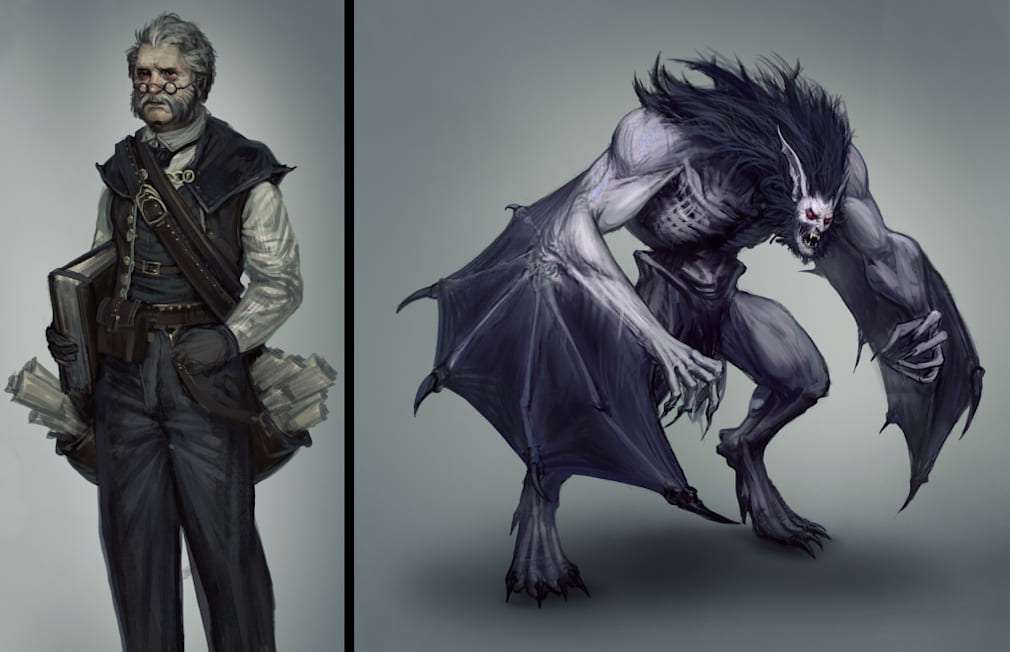 |
| Concept art for Mariano and the Cold One Beast, by Elliot Ward. |

| MEDIUM / GENRE Video Game, Metroidvania Old Moon Games November 2022 Saymund, Bill, Hector, The Outlier, Xorogon Metacritic 79%, Steam: 84% |
The voice work feels like it's punctuating the important moments, in an almost sorrowful yet charming manner. My favourite character in Ghost Song isn’t a part of the main crew who crashed onto Lorian, but a drifter android named Saymund. He can be found in multiple locations throughout the game, and always has interesting dialogue and lore to divulge. - PlayStation Universe |
| On the desolate moon of Lorian, a long-dormant Deadsuit awakens from slumber. Journey beneath the surface on an atmospheric adventure of self-discovery, ancient mysteries and cosmic terror. Explore winding caverns and acquire new abilities to unearth this world’s long-buried secrets. | ||
| The performances of the voice cast deliver authentic and raw emotion that serves as pillars upholding the weight of the story. Su Ling Chan gives a phenomenal performance as Deadsuit, particularly with her use of pause and hesitation as she delivers lines dealing with regret and loss. Other standouts include Glen Cooper as Roper, Madeline Dorrah as Pasha, and Ryan Cooper as Saymund. - Boss Rush |
||
| Nearly a decade in the making, Ghost Song developed by Old Moon Games and published by Humble, has released to widespread acclaim among fans and critics. Solo developer Matt White first cast me way back in 2013 after a successful Kickstarter campaign. I played no less than five distinct supporting roles - a tremendous challenge that taught me a lot about the creative process of developing character voices. |
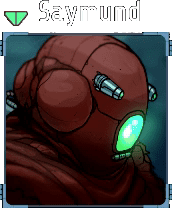 |
An enigmatic wanderer who is inextricably tied to the events of the desolate moon Lorian V. He speaks offhandedly about incredible triumphs and horrors, and has a strong nostalgic streak. I played him like an Oxbridge old boy looking back at those halcyon days, when he felt invincible and unlimited. He has become nonplussed by this destructive and decidedly less hopeful future. However, "Little Blue" offers him slight curiousity, and grounds for optimism. Just slight. |
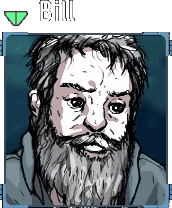 |
A trader whom I played as a "no fuss, no muss" Southerner in the style of a Sam Elliott, but with the hidden heart of a poet. Bill likes cats. |
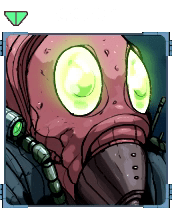 |
A grizzled bounty hunter who is tracking a runaway robot girl. His exoskeleton protects and sustains the life of the ancient, vulnerable man within. His voice similarly is eroded by age and excess; Nick Nolte was a big inspiration. |
| The Outlier: Hector's crashed spaceship, that just so happens to be sentient and mistakes the Deadsuit for an enemy drone ship. My inspiration came from the joke of Sat Navs with peculiar celebrity voices (Gilbert Gottfried, Frank Oz etc). I settled on the dulcet tones of Mancunian "punk poet" Dr. John Cooper Clarke. Not sure why exactly; the script somehow reminded me of his dour but lyrical voice. Maybe because Hector might find such a voice grating - or perhaps refreshingly dour. It creates a subtle sense of backstory. |
| Xorogon the
Undefeated: In September 2023, Old Moon released an update to Ghost Song with new NPCs. I played Xorogon, a raging brute. This was a fairly archetypal, Incredible Hulk style performance, with lots of grunting and growling. So much in fact, that I blew my voice box; couldn't sing Soprano for weeks! |
Sadly, Adam didn't make the final version of the game (though "Adam's Tweak" is a collectible item).
| Adam: a tragicomic robot whose circuitry has become fried in its dank surroundings. I used an 'old-timey' Transatlantic American accent to fit the grandiose atmosphere cultivated within Adam's 'mind' (the antithesis of his reality): a big bash for the elites with chandaliers and curving twin staircases, lobster and fine champagne in crystalline flutes. The mayor is looking dapper this evening... Good show, old sport! |
| One thing that caught me off guard was just how fantastic and interesting the voice acting is. [...] Just give this video a watch to hear a bit of it and find out a little bit more about the story (though I guess you could say it contains light early game spoilers). It’s so good, and has some pretty great writing too. - Destructoid |
While Ghost Song is very narrative-driven, its partially voiced dialogue with its various characters bring a great deal of depth to its world and characters, the game's boss fights and varied combat customizability ensure players of all stripes will find something to enjoy. - Game Rant |
|||
| I enjoyed traversing through the unanswered, getting history snippets from Saymund, and talking to the deserted NPC’s – Raven and Gili in particular – all of whom had interesting backstories through the little they said, and were brought to life with genuinely solid voice performances. - Game Luster |
Ghost Song is actually full of charming and unique NPCs to befriend (and sometimes fight). Not only are the cast of characters well written, but their dialogue is also partially voiced by some lovely performances, making each one a joy to interact with. - Well Played |
|||
| I find myself especially intrigued by the little bits of voice-acted character and story on show. [...] The bit toward the end of the video with the lonely, demented robo-butler definitely had me by the follicles of my Intrigue Cilia. - Rock, Paper, Shotgun |
More often than not, it’s the story and character moments that shine. There are NPCs littered throughout the game that give personality through some impressive voice acting and great writing. - Console Creatures |
|||
| I took a fast liking to the downtrodden crew members who were sparingly but excellently voiced and all embodied an attitude of both melancholy and hope. - Escapist Magazine |
I won’t ruin this but, listen to the voices. Finding some of these characters is definitely a highlight and enhanced my time playing the game, seeking out hidden areas. - The XBox Hub |
|||
| And the voice acting? Don’t get me started. Though not every line of dialogue is voiced, those that are stand out particularly well. - RPG Fan |
The characters you meet are center stage, and many players will be well-represented by the cast. - Noisy Pixel |
|||
| There's a decent amount of voice acting here, with a good array of different accents, with one of the spaceships even sounding like it could have been voiced by Sean Bean [!]. - SwitchUp |
There's one element which it does a bit different to Hollow Knight especially, and that is there are actual voiced characters, with some very nice voice acting as well. - The Indie Gamer |
|||

| MEDIUM / GENRE Board Game, Audiobook, Fantasy Forteller Games, Cephalofair Games November 2022 Crain Tallengyr, Bird Demon |
In recent years, I have performed a variety of voice work for Forteller Games, who provide accompanying voice overs for adventure board games, involving hundreds of independent voice actors. In Frosthaven, I played an eccentric Quatryl genius called Crain Tallengyr, whose plans often lead his colleagues to near-death experiences. He represents the classic engineer trope who understands people less than how their parts are put together. Crain was inspired by John Bentley, one of the hosts of "The Gadget Show" on British TV. He has a quintessentially English voice and a "tally-ho" manner that I thought suited Crain. I also played a Bird Demon straight from the Bayou, inspired by the character Old Georgie from the movie "Cloud Atlas". |
|
| It’s not just a narrator reading the text - there are voice actors with different accents, atmospheric background noise, and other sound effects. It really adds to the setting, and the app is fairly easy to use. If you don’t have someone in your group with a good narrator voice or simply prefer a professional voice to read for you the various sections, then we definitely recommend Forteller. |
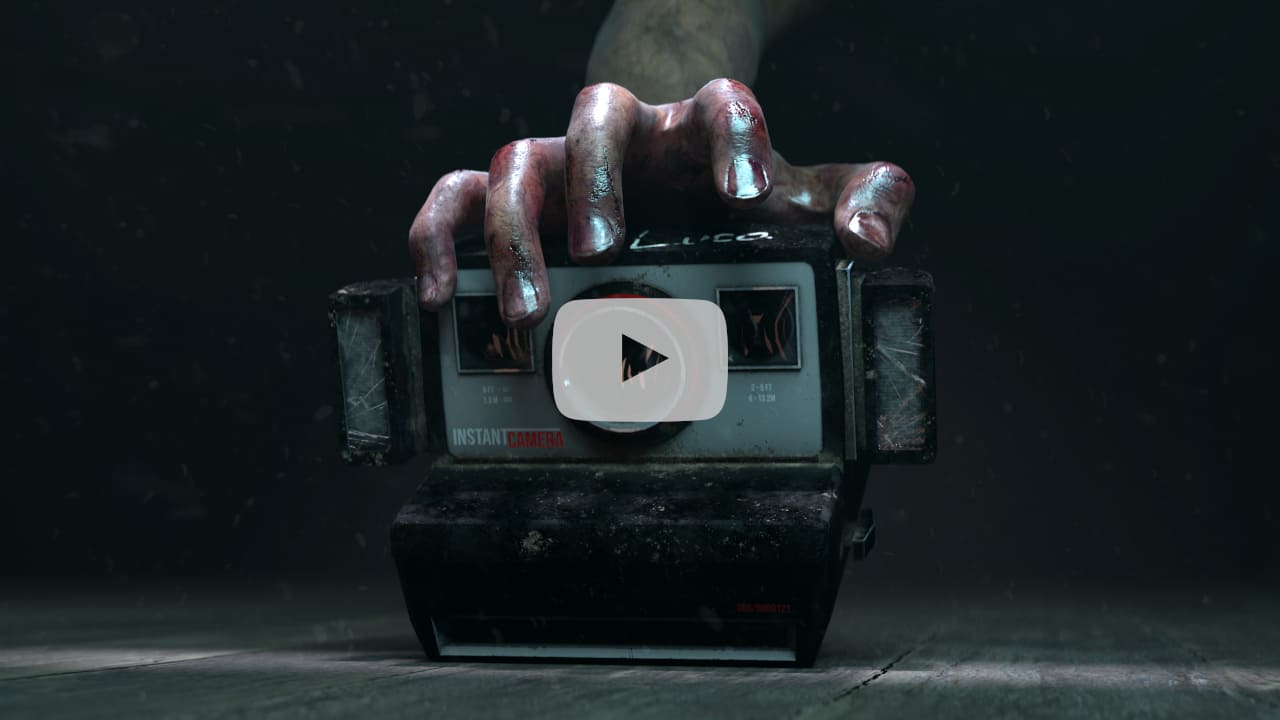
| MEDIUM / GENRE Video Game, Horror Bloodious Games June 2022 John Maxwell, Priest Thomas Steam: 87%, Metacritic 75% In Bloodious Games' acclaimed debut, I portray John Maxwell, anguished father of the protagonist, Luca. Anguished because his wife and daughter have been brutally slain... and he believes his son is the perpetrator. I also play Priest Thomas, whose voice can be found across several audio cassette recordings. I was inspired by Max von Sydow's performance as Father Merrin in the Exorcist for this role: wise in matters of the occult. |
In the absence of any other human characters to interact with a lot of Madison’s plot is delivered via audio recordings found on cassette tapes. I reveled in the disturbing details drip-fed through each recording. |
|||||||||
|
||||||||||
| With superbly implemented 3D audio, every noise made in the game is one that instigates fear and paranoia. On the other hand, voice acting is also excellently done, with each character feeling real and genuine. The game has good visuals and background audio, well-done voice acting, and interesting puzzles. The story is solid thanks to high quality voice acting. To cap off the sound, the voice acting is very solid. Everyone is giving 100% and it definitely shows in most of the performances. Voice acting primarily features Luca’s fearful performance with all other voice work presented extremely well. Superb audio including voiceover, music & atmosphere. |
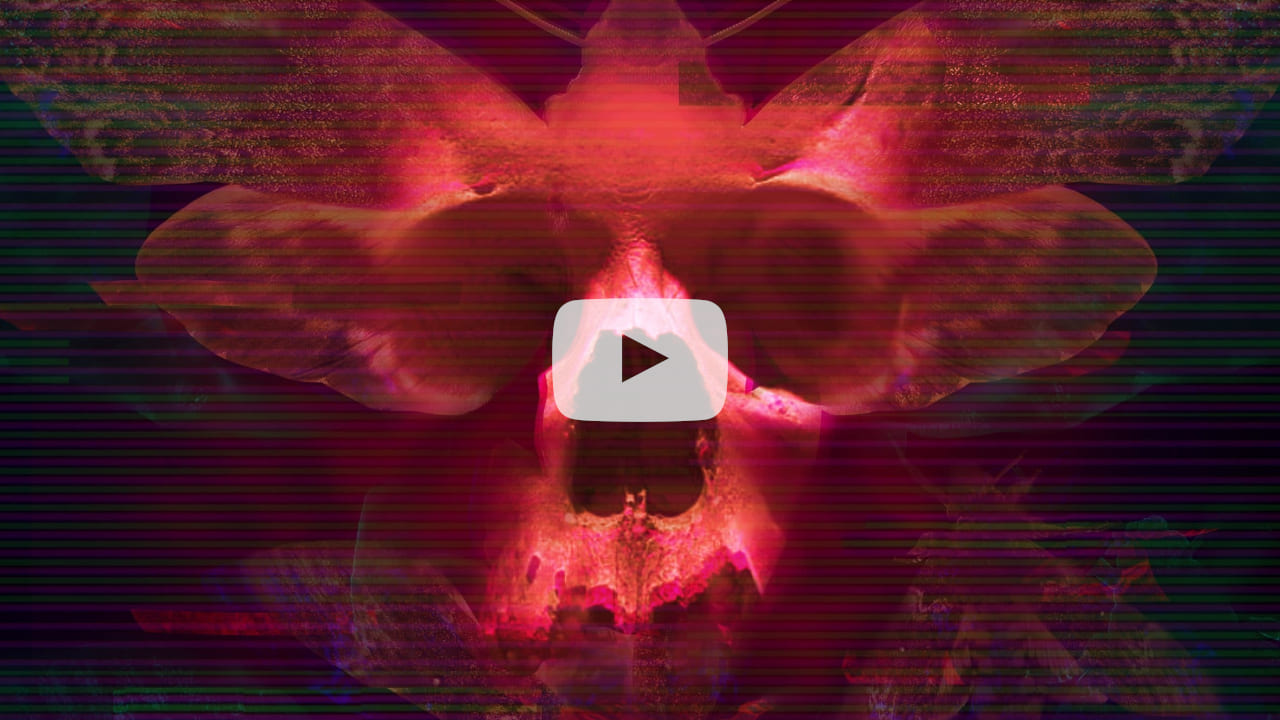
| "The voice acting and soundtrack, which consists mostly of atmospheric noises and creepy vibes, also do a fine job in adding a bit of tension to the mix." - Adventure Gamers |
|
| MEDIUM / GENRE Video Game, Lovercraftian Horror, Cyberpunk Stormling Studios October 2020 Randolph Carter Steam: 69%, Metacritic 65% |
| In Stormling Studios' Transient, I portray protagonist Randolph Carter, an outlaw hacker-for-hire who accidentally stumbles across a terrifying truth. I played Carter like his augmented world is always a few decibels too loud, leading to a constant low-key migraine that brings his voice to a hush. This lends itself naturally to the understated protagonists of Tech-Noir classics like Blade Runner and Dark City. |
The eerie voice acting overlaid with Bioshock-esque atmosphere prompting the player to enter their own memories has me hyped to jack in to the matrix and inject this game directly into my brain. - Akupara Games |
| Excellent work is done in the performance of dialogues and the general voice acting, as well as the music where cold synths of a future dystopia intertwine with Oriental melodies forgotten in time, and provide an air of mystery. - Ragequit (Greece) |
||
| Transient also has great voice acting for all of its major characters. - Monster Vine |
||
| The game is fully voice-acted with solid performances. - PC Invasion |
|
| This is then complemented further thanks to the excellent, albeit occasionally hammy acting. The combination of overbearing characters and a gruff protagonist was great, as it added many dynamics to the storyline. - Movies, Games & Tech |
|
| In-game art [1],
[2],
[3], by Jesse Väisänen. |
| The brilliant Ryan Cooper (you’ll remember from STASIS and CAYNE), and his brother Glen are on the cast. The game has a talented cast of voice actors. Known names like Julian Casey, Sarah Williams, and Ryan and Glen Cooper help bring the characters of Beautiful Desolation to life. Beautiful Desolation has some of the best voice acting and writing I’ve ever experienced in an indie game. Every character is given a unique voice (and even animated conversations) and the script is beyond impressive. |
MEDIUM / GENRE Video Game, Point & Click Adventure DEVELOPER The Brotherhood RELEASE February 2020 MY ROLE(S) Atum, Bra' Bones, Grave, Narchee CRITICAL APPRAISAL Steam: 75%, Metacritic 76% |
| Each [character] is brought to life with voices that express these ranges of emotions brilliantly and make each conversation have an impact on the story and how you feel about it. Along the way you are treated to an engaging sci-fi story, deep character interactions, wonderfully performed voice acting, distinct dialogue choices, and all set in a mysterious but well-built future world. |
| Conversations are engaging,
thanks to the imaginatively weird folks you encounter and a high standard of voice acting. The voice acting is excellent and its profanity-filled convo choices are right up my street. Voiced by a cast of talented voice actors, the dialogue is brought to life and often requires the player’s input in the game, engaging us in the story right from the start. |
The fully voice-acted script is chock full of excellent performances to boot. |
| There are surprising twists and turns throughout the game, all delivered via some impressive voice-acting and jaw-dropping cut-scenes that far exceed anything you would expect from a game with such a modest budget. The real treat in this game is the voice acting. The voiceovers are not just done well, they're done differently and each character finds themselves and has their own personality. This goes for both flesh and metal characters, and it really does heighten the game so much. |
| The standout audio feature here is the voice acting. [...] Every character is fully voiced, and the entire voice cast does an excellent job. |
| ATUM |
| A zombified drunk whose brain has been commandeered by a parasite. Driven to physical ruin, the host's final stop is an obscure tavern where he encounters player-character Mark Leslie. I wanted a disparity between the voice of host and parasite to give the impression of two minds in one body. The host is soused and giddy (and yes Chris, I did have a few shandies for the role). The parasite is harsh, desperate, throttled and always in danger of losing control. |
| BRA'BONES |
| Zealot-cum-barkeep Bra' Bones is a Cockney publican with a glint in his remaining eye. He tasks the player with seeking out his estranged brother Embombe (played by my brother Glen), whom he regrets enlisting into his cult of The Witnesses - fanatics who dismember themselves in tribute to their Priestess. |
| GRAVE |
| A mechanical warrior poet who I played as a well-spoken Stratford thespian, which makes for an interesting dissonance next to his formidable physicality. As is a common refrain in the story of Beautiful Desolation, Grave seeks to reunite with his estranged brother, Lebanon. |
| NARCHEE |
| Finally, the chronically miserable creature Narchee: a disembodied human skull effectively enslaved by drones that force him to act as their topographer. As with many of the NPCs in the game, Narchee represents a horrific distortion of humanity. |
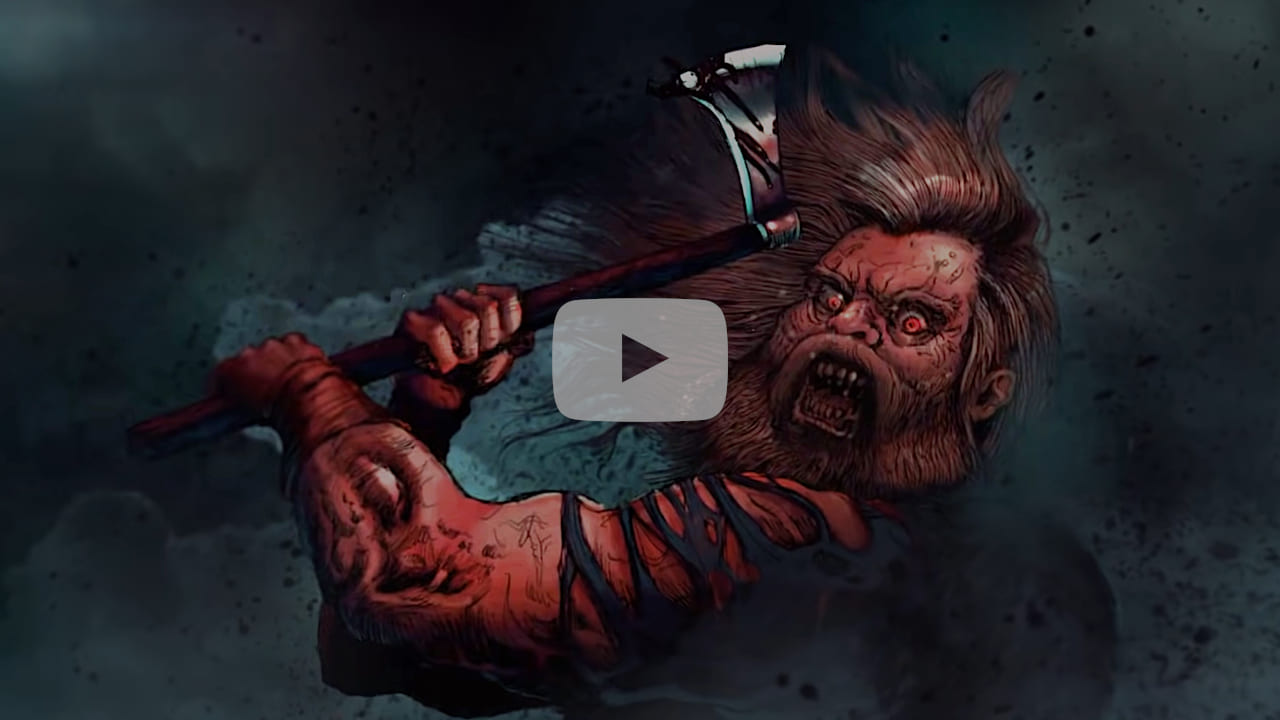
| MEDIUM / GENRE Video Game, Real Time Strategy Destructive Creations May 2018 Boleslav, Truvor Steam: 80%, Metacritic 77% "Ancestors Legacy is a squad-based real time strategy with a strong focus on tactics. Inspired by medieval European history, it brings to life four different nations and their conflicts, usually solved by war." I play the first King of Poland, Boleslav the Brave, and the bloodthirsty Viking Truvor (pictured). Both men are driven by a ruthless, unrelenting aggression, which manifested in equally aggressive live recording sessions. It was here I realised how physically exhausting voice acting can be! |
Storytelling is done with elaborate images that portray great emotion, along with intense voice acting. This really draws the player into the action, making you another member of the squad, not just a person behind the keyboard. The game has amazing voice acting, and it really stood out in all the individual stories. Each historical event was well told, always engaging, and never felt dull. In my opinion, the narrative was also very well-paced. Tapestry-like cutscenes, intriguing storylines based on historical events and solid voice acting all round. The music and voice acting were all great, I didn’t cringe at any accents or feel like they hired cheap voice actors throughout the Viking campaigns. |
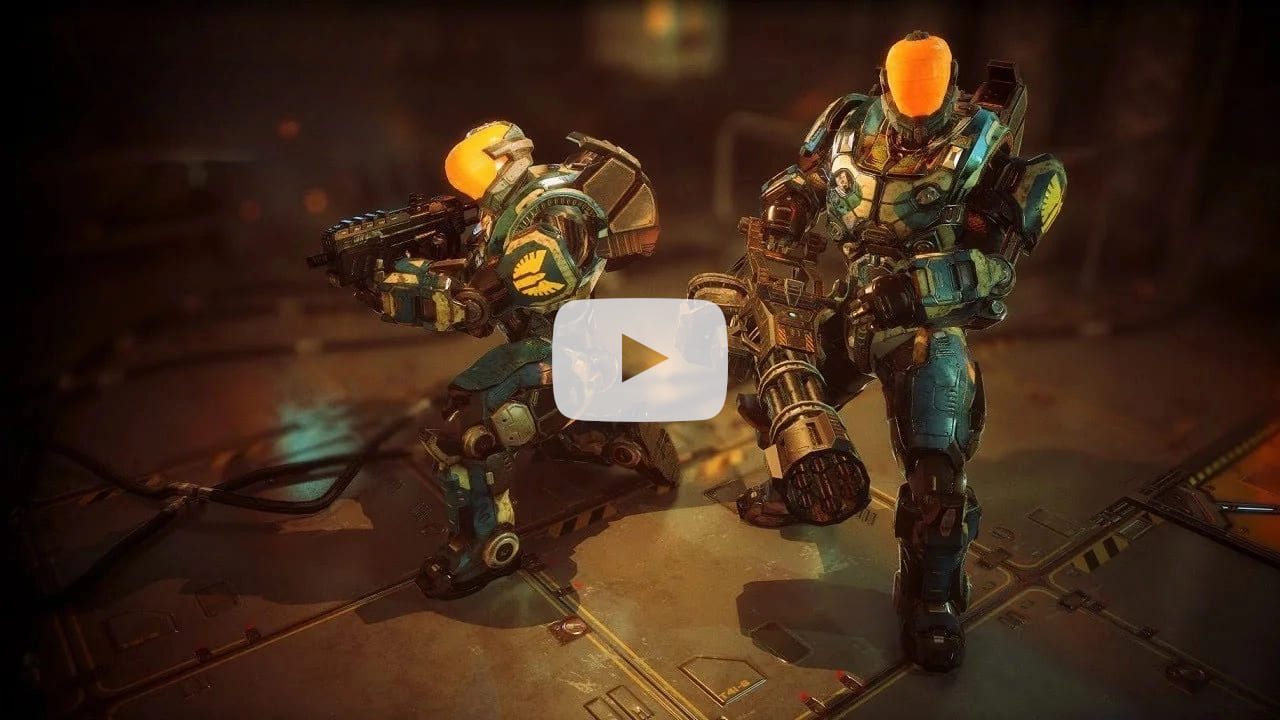
| MEDIUM / GENRE Video Game, Twin-stick shooter Ironward July 2017 The Grunt Steam: 70%, Metacritic 68% |
The gameplay hasn’t changed dramatically, but now, there are cutscenes that introduce your character, as well as some exceptional art and voice acting. - ESports Edition Surprisingly, the developers have already managed to include some great voice acting which is a positive sign. - Keen Gamer |
| After voicing the trailer for The Red Solstice, I was asked by developers Ironward to return for Solstice Chronicles: M.I.A. I play the nameless, sole surviving corporate marine caught deep behind enemy lines, whose only hope for survival lies in an unlikely alliance with a rebel drone
called Saffron. I wanted to impart a certain façade to Grunt, on the basis that he is a corporate marine (a frightening thought in of itself), and also because he keeps secrets from his allies. I landed on Buzz Lightyear if he were a used car salesman. |
|

 |
||
| Hadley wakes in a facility. She is nine months pregnant. They want her baby... | ||
|
||
| MEDIUM / GENRE Video Game, Horror, Point-&-Click Adventure The Brotherhood January 2017 The Man, Danie Boland Steam: 80%, Metacritic 75% |
||
| “In this
grim return to the Stasis universe, expectant protagonist, Hadley, wakes up in a facility. Where is she? Why is she there? And, why do they want her baby? Help panicked and anxious Hadley find her feet and brave stomach-churning situations to break free, by solving puzzles in this free horror adventure game. Each step will uncover colorful character stories as you help Hadley find her way out…" In The Brotherhood's free DLC chapter to the Stasis story, called CAYNE, I played two main supporting characters, the nameless man who assists protagonist Hadley (Sarah Anne Williams, Skullgirls, League of Legends) from an unseen location, and Danie Boland (right) - a vulgar engineer who comes to realise he won't be walking out of the facility. |
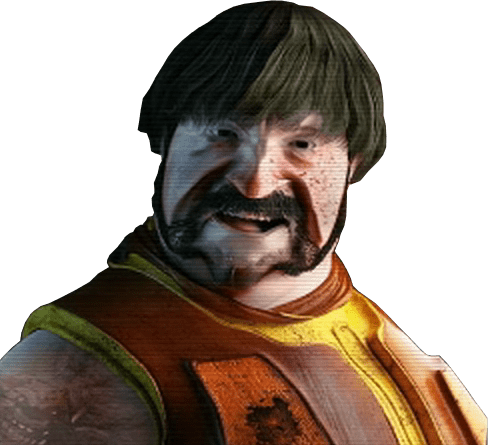 |
|
| In the Winter of 2016, I travelled to the chilly Old Post Office deep in the Arthurian land of Tintagel, for a University of Falmouth production of The Highwayman, based on the 1906 poem by Alfred Noyes. I portray the narrator who bears grim witness to a treacherous tryst. Director Oliver Chater and Producer Henry Isaksen invited me on board after their successful Kickstarter campaign, and to return to the University for additional ADR work. | |
 Highlights include chewing the fat with Poldark and Doc Martin stalwart Rory Wilton (above), enjoying the splendid National Trust building for the day, and working with a vibrant young crew. |
 (Above): Kate Hamilton as Bess, the landlord's daughter. (Below): Myself as the narrator who regales a fellow pub patron with this tale of woe. |
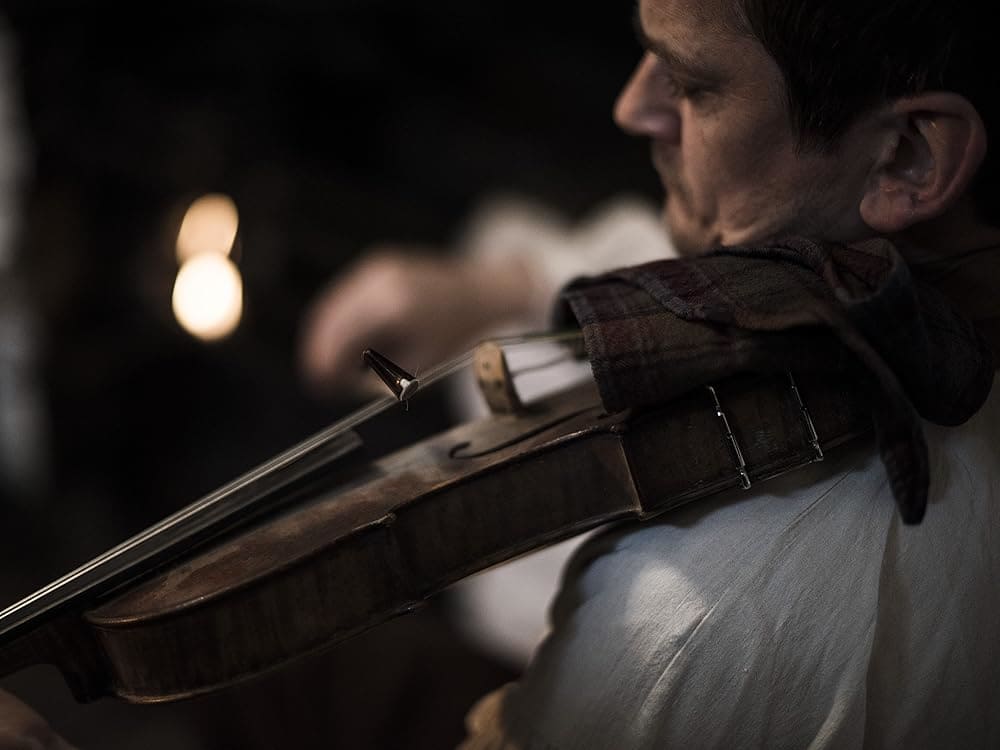 The Highwayman was entered into The National Film Festival for Talented Youth among others, and the excellent score by Ben Sutcliffe (above) took the runner-up spot at the 2017 LA Shorts awards. |
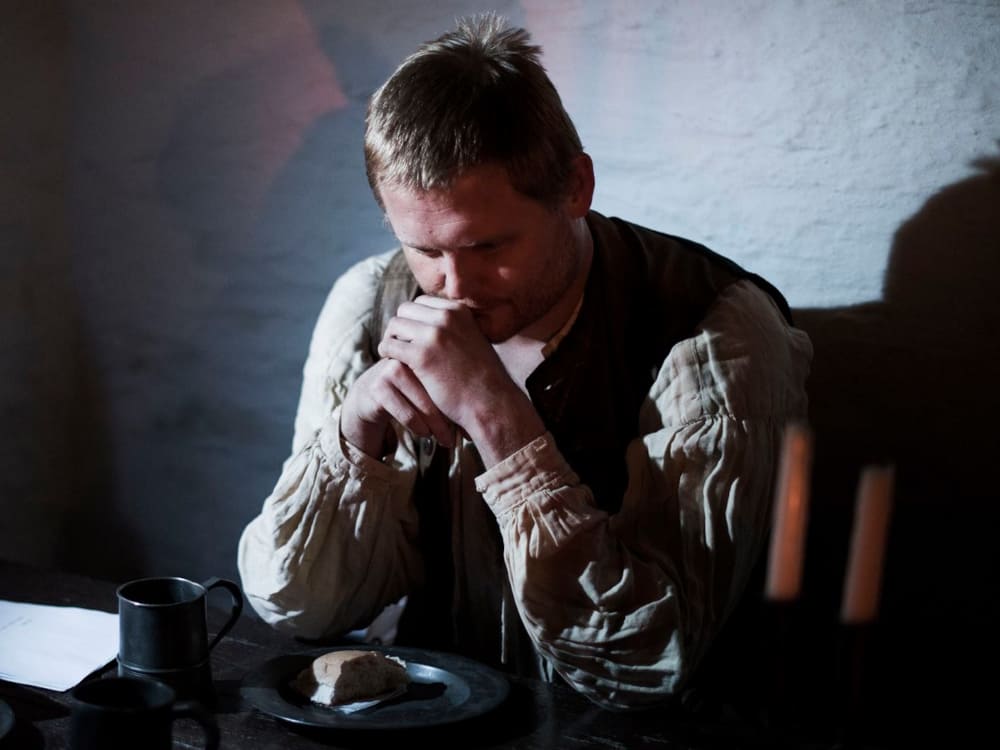
(Below): Guillaume Rivaud as the villainous Officer. (Below left): Chris Barnicoat as the Highwayman. |
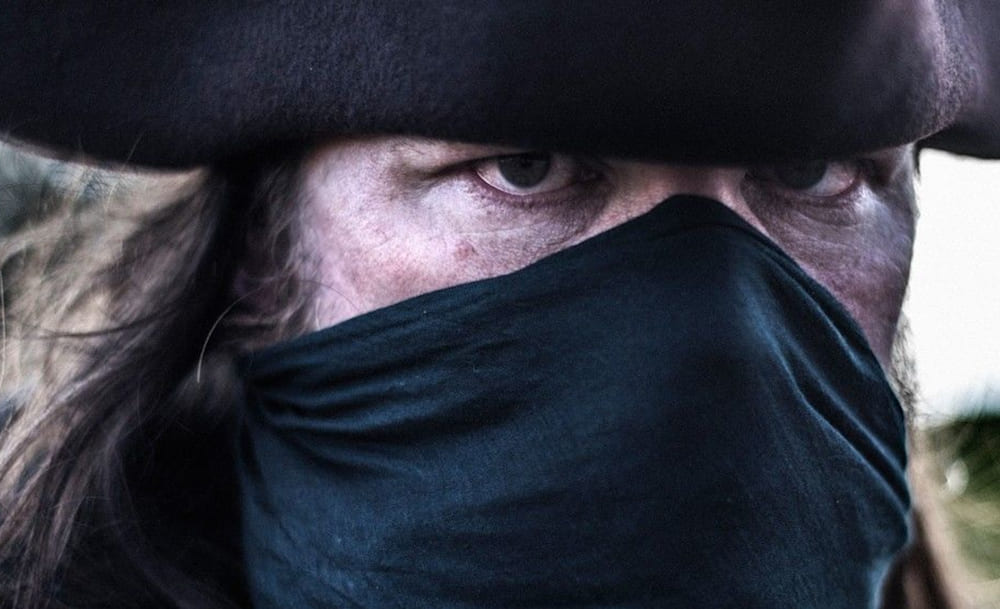 |

|
Shooting at Bodmin Moor. |
Shooting at Bodmin Moor. |
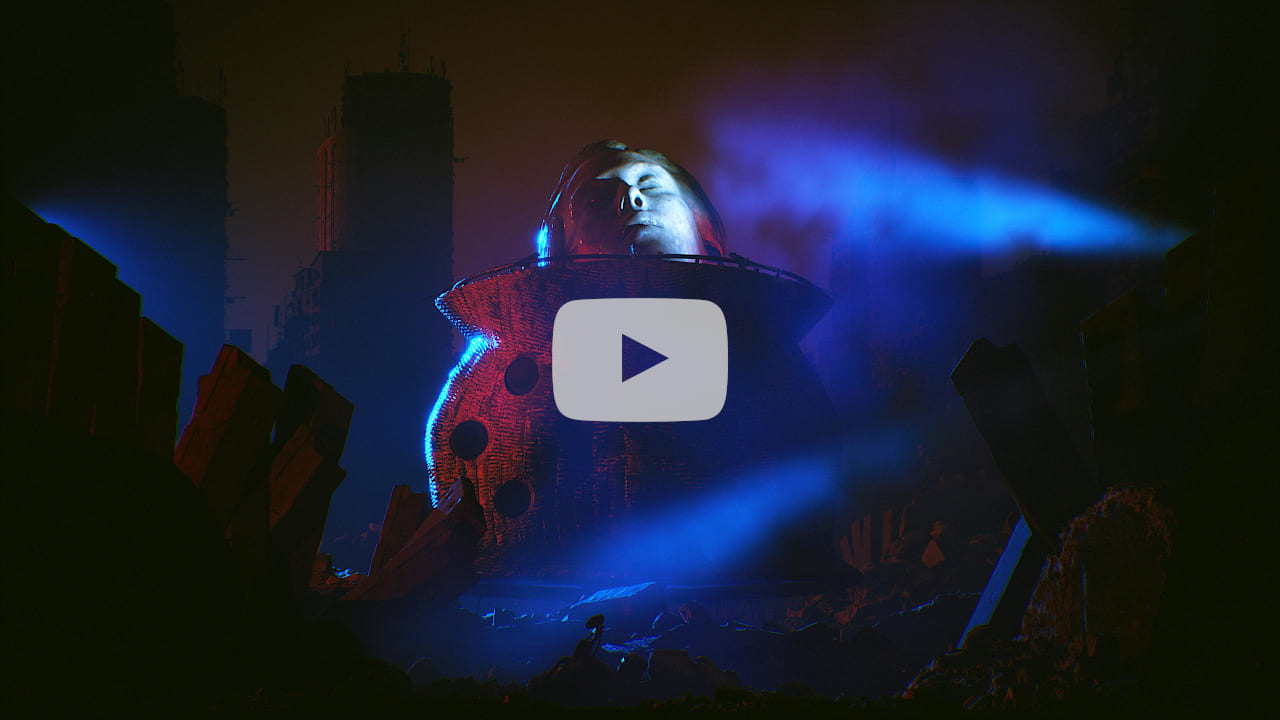
| I took on the mammoth task of turning Brad Buckmaster's 2016 novel Brigador into an 7-hour audiobook, serving as a companion story to the video game of the same name. It was the first audiobook to release on Steam, with a 97% user rating and a 4.8/5 rating on Audible. For the performance, I honed what I facetiously call my "Sean Bean" voice. It has become something of a running gag in my household that my performances are often compared to the world's most famous Sheffield United fan, even when I'm actively trying to avoid them... The rustic aspect of a Northern English voice seemed appropriate for a visceral military tale (as well as being an accent I could hold for 80,000 words). The challenge came in demarcating the characters from the narrator. At one point, I was speaking in a coarse Northern accent to interpret the grizzled Sergeant Koenig, then a mocking impression of it from his own subordinates! The Spacer faction is alien, mostly cruel, cold and snobbish. For the marooned Spacer Pilot, I took inspiration from Twin Peaks'The Man from Another Place, and Gman from the Half-Life series, emphasising the wrong words and an unsettling cadence, like he is a chameleon merely passing for human. |
| I spoke to Bryan Finck of Seasoned Gaming about my experiences working on the Brigador audiobooks: "My more recent audiobooks are with Forteller, who provide accompanying audio narration for board games. They typically put out public casting calls, so it’s about impressing them with your range. "Brigador was different. I approached Stellar Jockeys, in the hope of voicing a character for what I presumed would be the game’s story campaign. To my surprise, they asked me to voice an accompanying 80,000-word audiobook instead (the first of its kind on Steam). "If a character performance is a 100m sprint, an audiobook is a marathon. For the sequel Brigador Killers, I was live directed by a lovely gent called Benjamin Glover for one hour, three days a week, for five months solid. This thing became a part of my life and squatted in my brain for a long time. "I was screaming obscenities at the height of my lungs, praying the neighbours weren’t dialling the Police. I finished up with that strange melancholy you get when you finish a good book, only way more intense. "The process for the original Brigador was much the opposite; I was self-directed, while starting a new job. I was squeezing in morning sessions before I drove off and paying my brother Glen a percentage to chop up the rushes. Less polished, but certainly raw. "I interpreted the narrator as a character of that world in his own right, and then played a good ten characters on top of that. That’s a challenge. You cannot go through the process in the same depth, so you ascribe little markers like a rasp, an odd cadence, or the use of a head voice opposite a chest voice to make a distinction. I think people could sense which character was which, even though I was essentially speaking in the same voice." |
The
big surprise came in the form of Brad Buckmaster's Brigador novel and subsequent audiobook, narrated wonderfully by Ryan Cooper. - Permanent Beta |
| The idea of adapting it as an audiobook came after the first draft was finished—we like it so much we wanted to ensure as many people as possible would read it, and an audiobook adaptation was the best way to go about that. Enter Ryan Cooper, who did an equally impeccable job on giving voice to Brad's writing. |
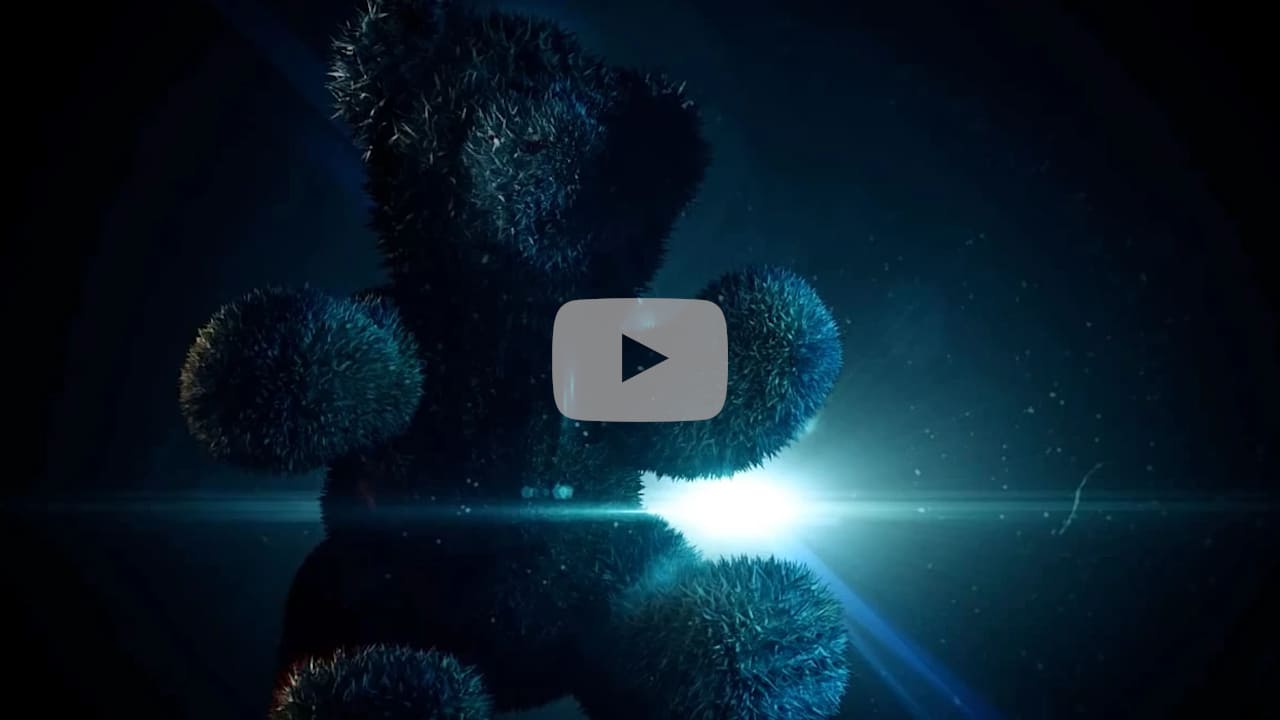
| MEDIUM / GENRE Video Game, Point & Click, Horror The Brotherhood August 2015 John Maracheck Steam: 79%, Metacritic 79% |
|
| "In the distant future, aboard a seemingly abandoned spacecraft, John Maracheck awakes from stasis. He must push himself to new physical and emotional limits and unravel the mysteries around him. John is in great pain, his wife and daughter are gone, and time is running out as the Groomlake plunges further into the swirling blue methane clouds of Neptune..." | |
| "Stasis" is the acclaimed debut title of South African siblings Christopher and Nicolas Bischoff, also known as The Brotherhood. The game was credited with breathing new life into the point-and-click genre. Writing for Rock, Paper, Shotgun, Alec Meer said, "Stasis punches so far above its weight that I almost can’t believe it exists." Destructoid's Patrick Hancock said, "There are scenes in Stasis, especially towards the end of the game, that I'm not sure I'll ever forget." |
| I play the beleaguered protagonist John Maracheck, a family man and teacher, whose ship is waylaid by the unscrupulous Cayne Corporation en route to a vacation to the Saturnian moon of Titan. I portrayed John as the archetypal 'every-man', but with a certain softness born of a privileged lifestyle; such a holiday must surely be above the pay grade of most. This provided the strongest starting point, as it makes John especially unprepared for the horrors that await. His arc toward hardened survivor is that much starker. |
|||
|
|||
"The player character is well-developed, in part thanks to some fantastic voice acting." - Game Rant |
||
| "John's rage, his naked horror is perfectly conveyed by the well-motivated English voice actor." - PC Games (Germany) |
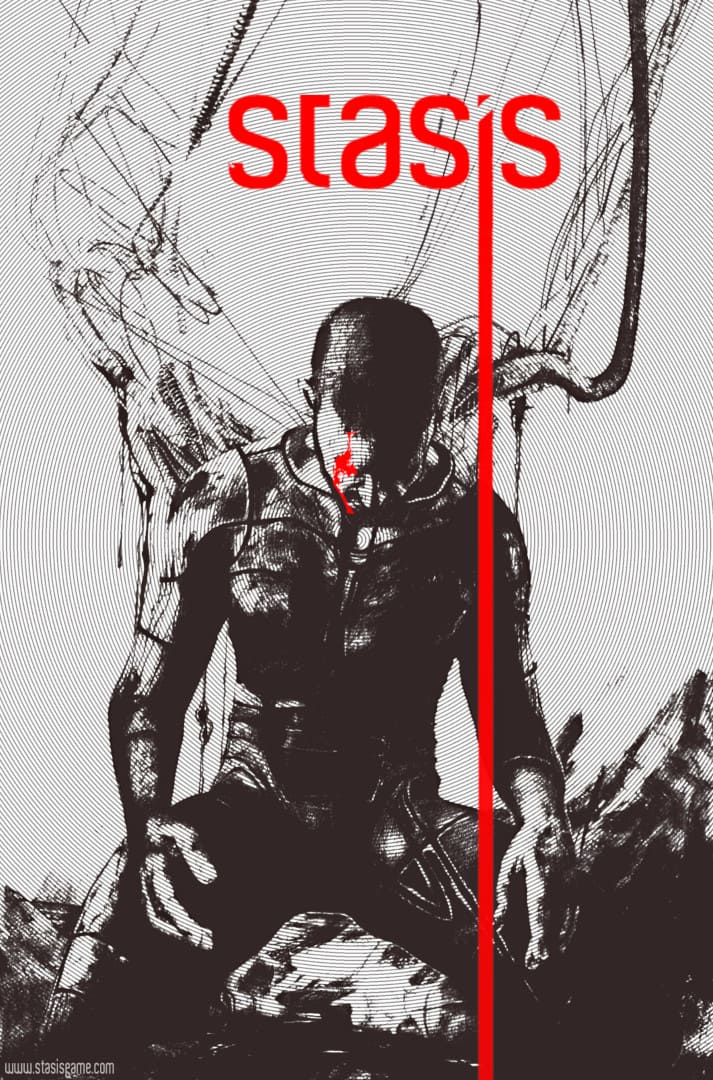 |
|
| INTERVIEWS
A selection of two 2015 media interviews with Bitcultures and 1001 Up, on all things Stasis: |
|
|
Rafael Serrato, Bitcultures: Your performance in STASIS was excellent and reflected the dark atmosphere perfectly. How did you go about preparing for the role of John Maracheck? Ryan: The voice actors were asked to study scenes from The Last of Us for an idea of flow between the actors. I saw similarities between Joel and John too, but there are no conscious influences on how I played him. I didn’t want John to come across as a lesser imitation of similar characters. The role was not overly stylised or managed, so I had the freedom to attack it from a unique perspective and put a lot of myself into the performance. This will be obvious to any serious actor, but it is important to read the script in its entirety if possible before stepping in front of the mike – to internalise the character, reflect on the themes of the story and how the characters attract and oppose each other. Family is the central theme of Stasis, and all three lead characters symbolise this in their own way. John has an arc, which I look for in characters. It was vital that he be vulnerable, uncertain and slow to harden to the horror. If the player can connect with the character, they then consider the uncomfortable question: how would I cope in this situation? That is the essence of great horrors, they shine a light on our own lives. 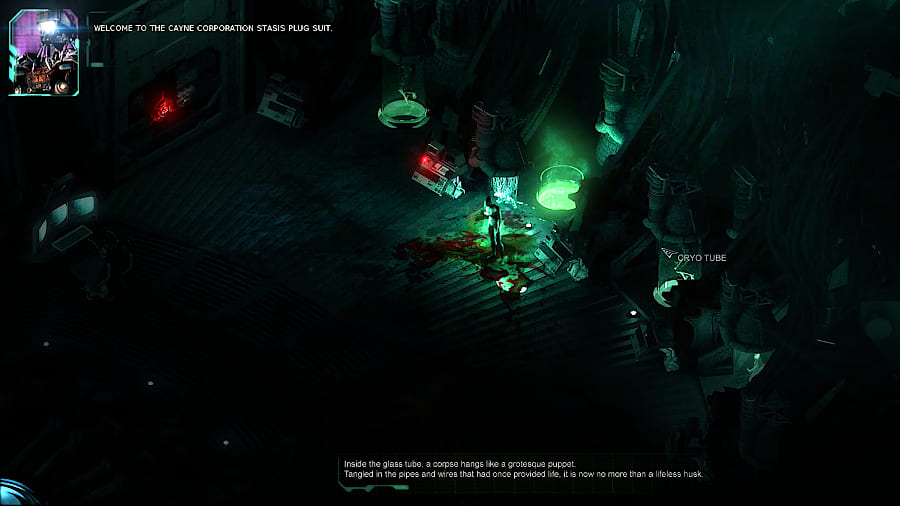 "In terms of characters, the game is almost entirely carried by John, masterfully voiced by Ryan Cooper, who perfectly descends into the role and is able to convey anguish with every sentence he utters." - Adventure's Planet (Italy) Rafael: John often discovered the gruesome leftovers of the Groomlake’s crew and, not to mention, found himself hurt, scared, beaten, bruised and at one point under a surgical laser. Whether John was screaming in pain or catching his breath from shock, your voice work captured these heavy and extreme moments greatly. What can you tell us about your efforts in helping to create such moments through your voice? Was the voice work as gruelling, stressing or draining as it sounded within STASIS? Ryan: The process was gruelling, but very satisfying. Being the archetypal every-man, and a husband and father to a young child, John is an instantly empathetic character. The role represented a great opportunity because many parts are more fantastical, or inherently not relatable. I favour roles that I can humanise. For John, authenticity was crucial; a less than genuine performance would distance the character from the player. I produced upwards of ten disparate takes per line so that John’s tone would be in keeping with Chris’ vision for the scene. Frustration often got the better of me and Chris [Bischoff] wound up with a database of my numerous curses, sighs and lip smacks. To emulate John hyperventilating, I sprinted around the block before recording. I acted in pitch darkness to put the onus on my imagination and remove visible distractions. John’s tears became my own. When he screamed out in agony, I recalled the indelible memories of past injuries. I even threw up for real! Kim, 1001 Up: Have you played STASIS? What did you think of it? Ryan: I was an early-bug tester and a beta Kickstarter backer, so I played it a couple of times before release. For a one-man |
development, STASIS is a minor miracle really, and serves as inspiration to other small teams. It has been spoken about in the same breath as peers like SOMA, which had several team members with years of experience between them. The game has a timeless quality and won’t really age in years to come. Chris should be very proud of what he has achieved. Kim: What was it like working with The Brotherhood? Ryan: It was always an open-door working relationship with the Bischoff brothers. Chris trusted me enough to get on with my performance, which was liberating. I drip-fed him the lines so he could implement them on his schedule, and this became an organic way of building the voice work into the game. If I were compelled to revisit takes, he was more than happy to receive them. Kim: How does John Maracheck compare to your previous roles? Ryan: It’s funny. I looked back at my previous work the other day and John is the only character who actually converses with other characters. Being mostly narrators, the others address the player directly. So, the action / reaction dynamic of John’s dialogue is what sets him aside from my other roles. I wanted to impart a rawness, a genuineness to John and be satisfied I’d done all I could to make him sound like a real person in an unreal situation. If I had screwed up in making John relatable, I don’t think I could have forgiven myself. There was only $130K+ behind the game and thousands of expectant backers. Kim: Some of the scenes within STASIS are particularly harrowing. We have to ask: how did you feel when presented with ‘that’ surgery scene? What was it like to record? Ryan: It was the toughest scene for me because it was so hard to imagine. A character sobbing over all manner of upsetting revelations is achievable because the actor can draw on their own upsetting experiences and the tears are real. But performing open spinal surgery on yourself while you are still awake? Has that ever actually happened? To prepare, I studied a similar scene in the movie Prometheus, albeit the character’s motivation is different. Shaw is desperate to remove her foreign-body from a position of religious and motherly disgust. Her reaction is natural, and therefore the horror lies more in the revelation of the creature than in her slicing herself open. John’s foreign-body is not causing him any immediate consternation, besides blocking the path to his daughter. The decision is on him – and thus the player, to push the button knowing full well what’s coming. I pictured Rebecca [John’s daughter] as I was screaming, as that is the only way John could get through it without passing out. This is however a scene I would have recorded differently if I had the time again. It’s a bit tamer and more inward than I would have liked at points; I should have just gone hell for leather until I blew my voice box. The sequence itself though is wonderfully realised in its sheer body horror and becomes one of the game’s most memorable scenes. 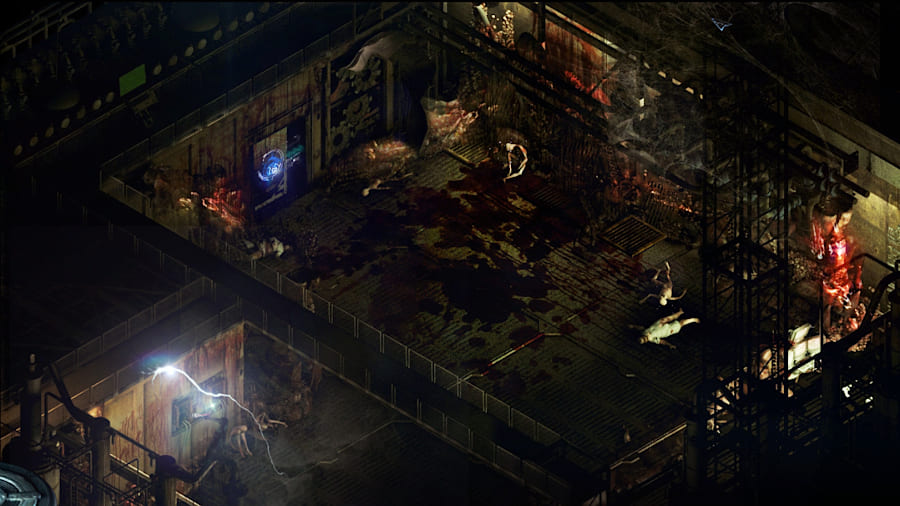 "You have to clamber into the machine and operate on yourself in excruciating detail. Props to John's voice actor, who emits many, many convincingly tortured noises." - Forbes |
|
detached from reality. - Adventure Gamers |
|
||
| The Old City: Leviathan is described as "an experiment in first-person exploration that focuses entirely on story. All that exists is you and the world. Set in a decaying city from a civilization long past, The
Old City: Leviathan puts the player in the shoes of a sewer dwelling isolationist." The Washington Post described the game as an "experiment in literary gaming." Known colloquially as a 'walking simulator', the game is my first major credit as a voice actor; I played the protagonist (and sole character) Jonah. I discussed my experiences in a 2015 interview with Rafael Serrato of Bit Cultures: "It was here I understood the responsibility of the voice artist, in co-ordination with the devs, to form a fleshed-out character that will engage the audience. There was a theatricality in Jonah’s dialogue, so I interpreted him as a worn-down actor of sorts. How many times has he approached that specific brick arch and launched into the same over-rehearsed soliloquy? For how long has he been shambling that facility like a ghost caught in a self-imposed cycle? Surely way before the |
player arrived. There is a subtle horror to the role." To Kim of Later Levels, I went into more detail about the challenges of the role: "Getting into the head space of someone who has spent too much time alone, but has a keen philosophical mind and forms these unique insights into the meaning of life. He comes from a very different place to the average person and therein lay the challenge of making him relatable. "I put Jonah into terms I could understand, as an actor of sorts. More specifically, someone whose life has become an act, who created Leviathan to avoid the pain of the unknown. Maybe we all create our own personal Leviathan as we get older. Jonah’s life views become his lines, rehearsed to the point of banality, the theatrical pauses more deliberate with the years. Only when he is exposed to the uncertain does the child in him break out. Jonah manages to rekindle a deep ember of childlike curiosity that helps him get off his ass and leave his self-imposed prison." |
| In that place [the narrator] becomes a little panicked, the sneer of discontent and slight superiority cracking for a moment. It's a necessary emotional pinprick of a moment. - Rock, Paper, Shotgun Another title in the growing walking simulator genre that combines beautiful graphics and great voice over work into a readily playable title. - The Refined Geek The actor providing the voice for the protagonist also did a very good job of making the soliloquies sound convincing. - Game Ramble ...and sometimes listen to a sentence or two by... myself? A friend? That was sometimes hard to tell, but his audible acting was excellent. - Chordian.net |
I found [Cooper] to be rather excellent. [...] As I continued, as more and more was uncovered, the game's narrative began to take hold, and I have to say for that, I think the voice is excellent. - Angry Centaur Gaming In a game where we are practically alone, such images are awe-inspiring. All of this is helped by the amazing soundtrack of the title, the narrator's voice and the surreal landscapes. - Ragequit (Greece) I also enjoyed the voice acting and the atmospheric music, which puts players in a certain mood (certainly not in a positive one). - Softpedia Ryan Cooper, the narrator, also does some of the best voice acting I have ever heard. - Lair of the Wolf Queen |
| Cooper has an incredible talent and is malleable to any need. His work on The Old City: Leviathan surprised us with just how well he understands what is needed while also elevating the work with his own creative license. -Blaine Bowen, Postmod Softworks |
|
| In-game art by Digital Frontiers |
|
In cameos, shorter roles, trailers and miscellaneous projects:
"Tales from the Vetrall Empire". -December 2017
| The sound engineering was brilliant; everything from the sound effects to the voice acting raised the immersion of the game [Lunacy: Saint Rhodes]. - Gamescreed |
Utopia Syndrome is a very impressive game with a highly detailed environment, great voice acting, an intuitive UI and a very intriguing lore. - Alpha Beta Gamer |
|
| Ryan did an incredible job [on Yagrum Bagarn] and thanks for such an amazing video! - Mary Cherry |
From what I heard and experienced during my tour [of Rune II], the voice acting is nothing short of amazing. - Nerd Stash |
|
| [Rune II] The voice acting additions, combat improvements, more focused questlines and Action RPG feel for the most part, work wonderfully! - Game Tyrant |
[Rune
II] I loved being in a story with gods, even one that speaks directly to me with excellent voice acting and all the skills I could get. - LifeisXBox.eu |
|
| [Skyblivion] Over the course of 19 minutes, narrator Ryan Cooper enthralls the viewer with descriptions and explanations of the updates, overhauls and redesigns of key parts of Cyrodiil. - Game Rant | [Skyblivion]The grass now glimmers in the sun, blinding you to the darker elements that hide there, though the manly narrator assures us that the necromancer infestation is but a myth. Phew! - Rock, Paper, Shotgun | |
| [Skyblivion] That man narrating has a wonderful voice! Does he do any of the character voices? If not, he should! - Shirley Curry |
The narration [Skywind] comes courtesy of Ryan Cooper, a professional voice actor who brings just the right amount of Sean Bean to the role of Dagoth Endus. - Polygon |
|
| The [Skywind] trailer is narrated by a man whose vocal chords I would very much like to steal, (presumably) assuming the role of Dagoth as he mutters some fittingly megalomaniacal words. - PC Gamer |
Taking us on an ominously (and professionally) narrated tour of House Dagoth’s volcano-side properties, it’s a testament to what a small team [Skywind] can achieve with the right tools, enough time and a lot of dedication. - Rock, Paper, Shotgun | |
